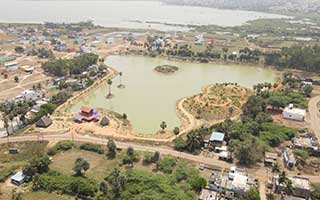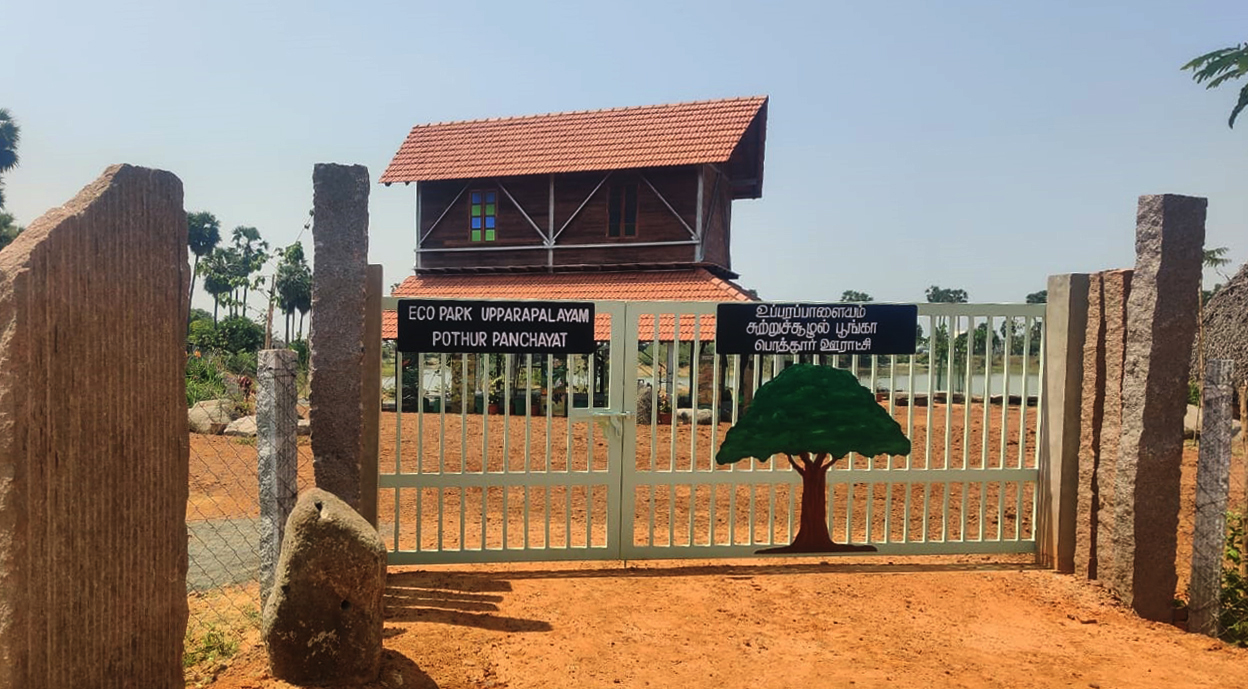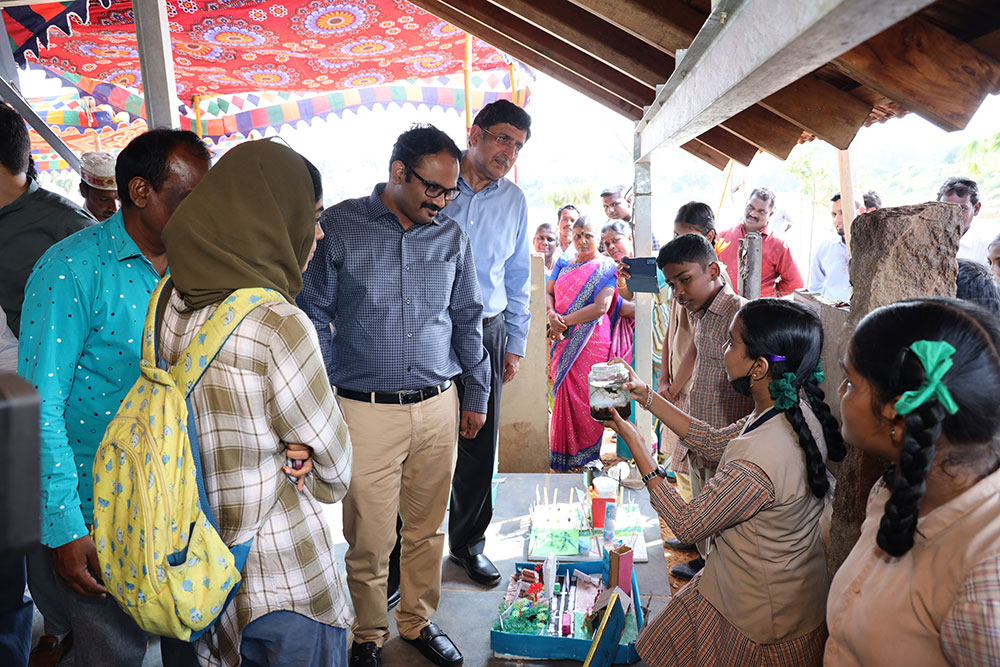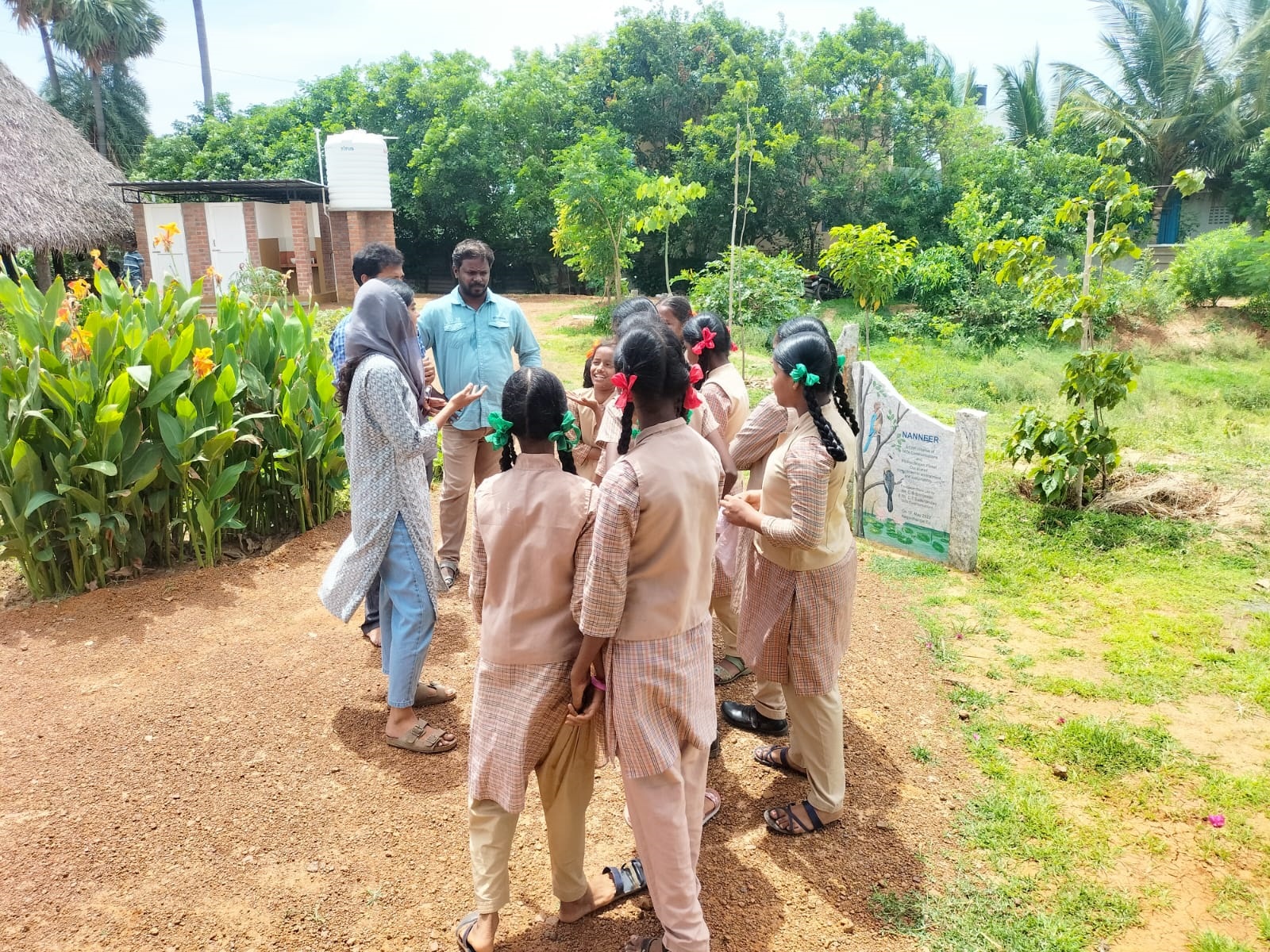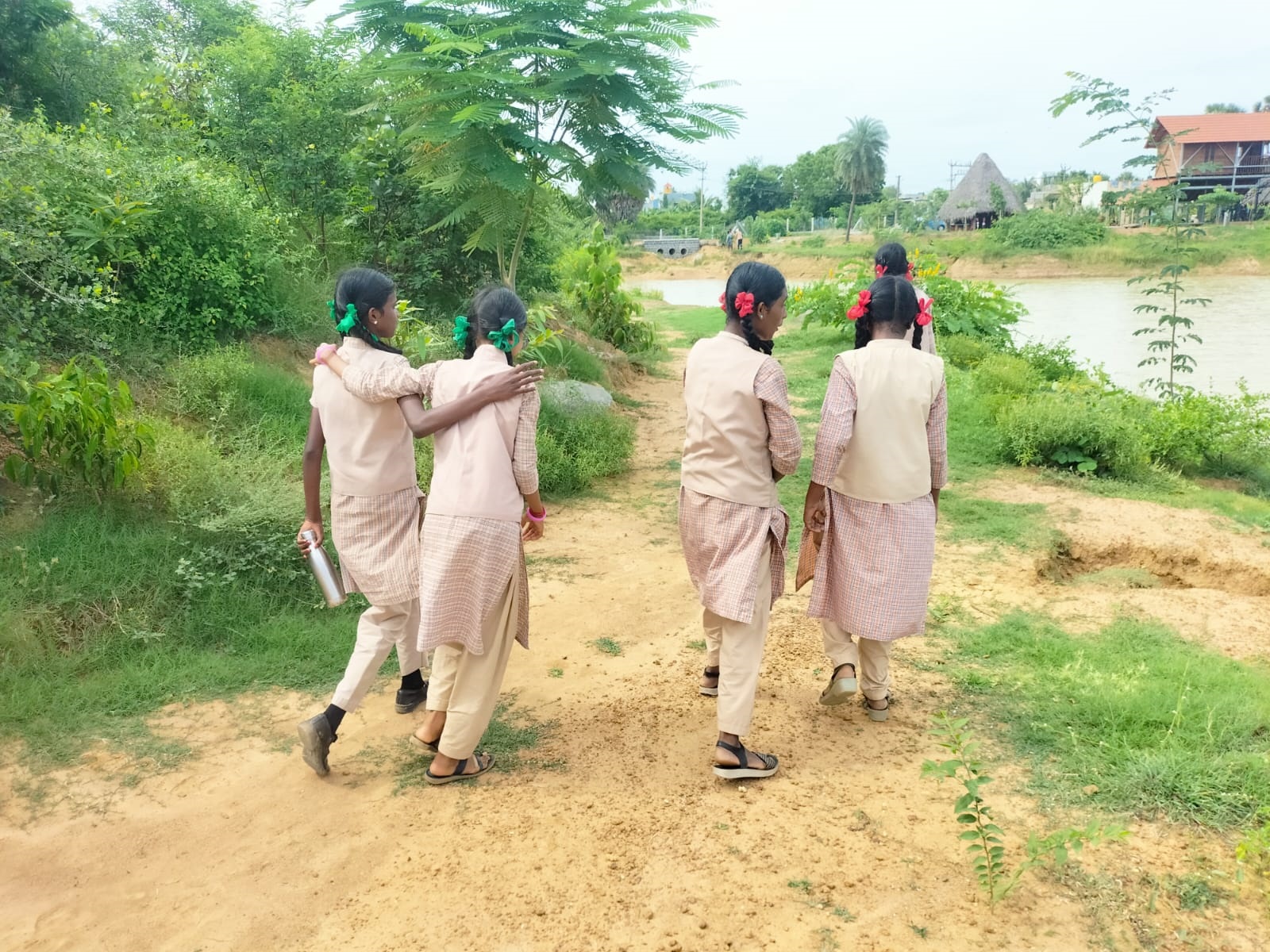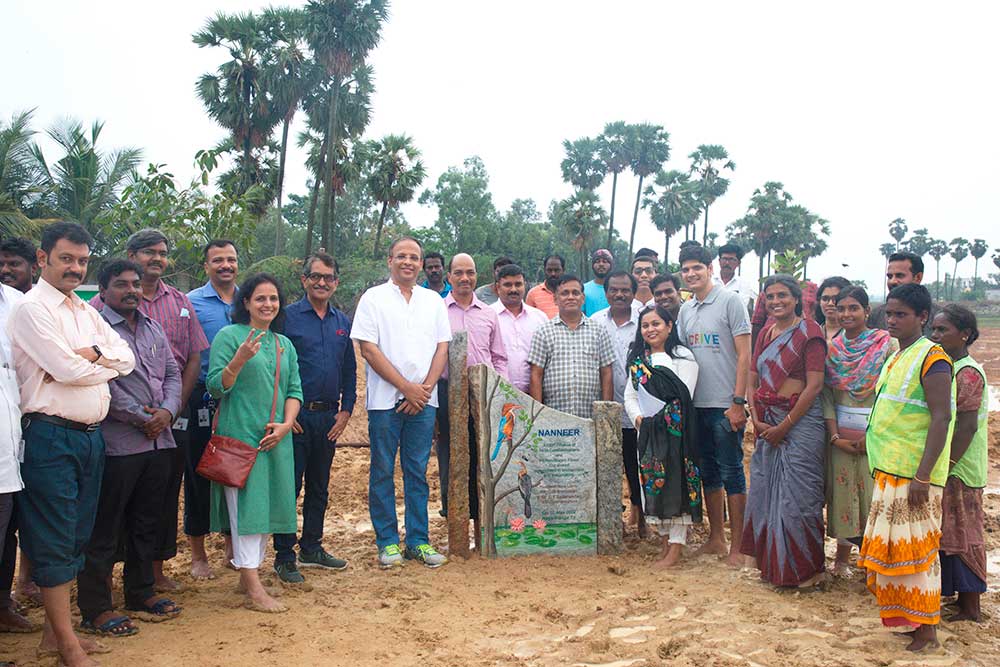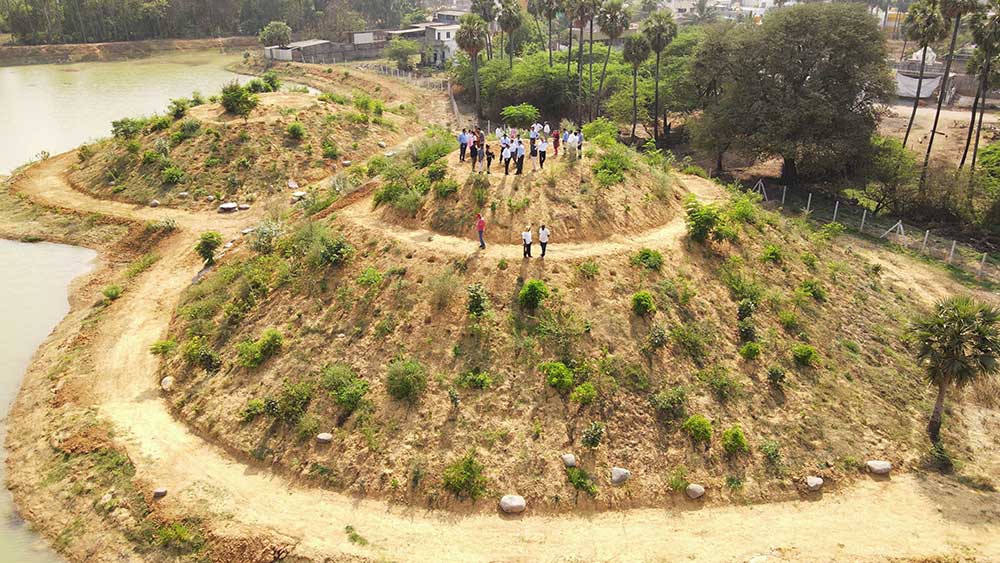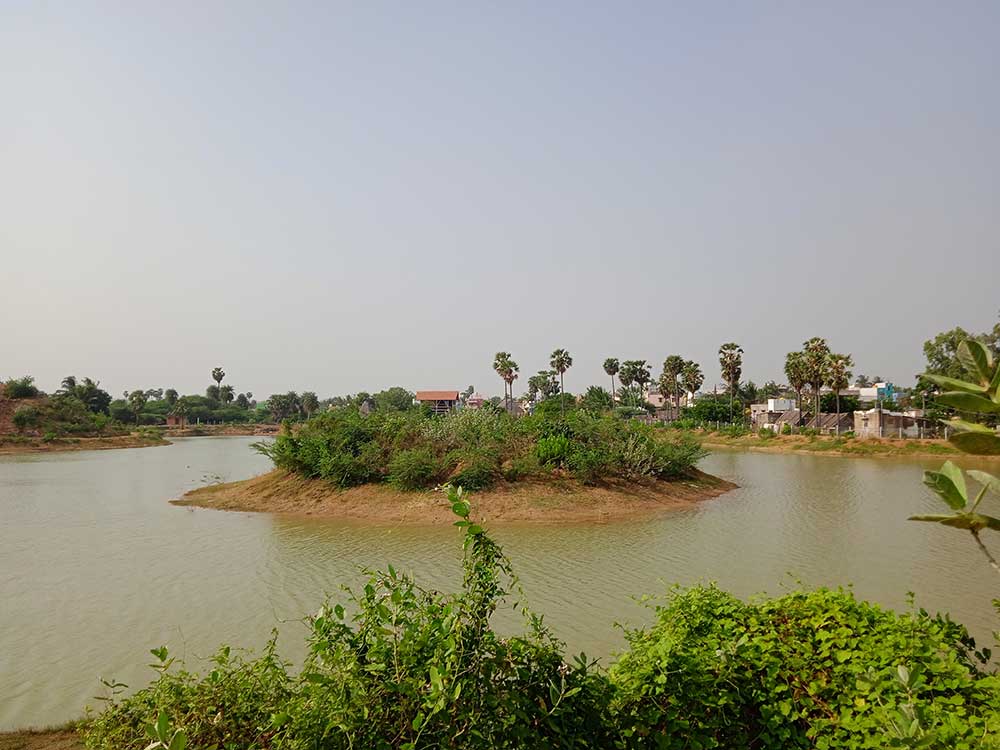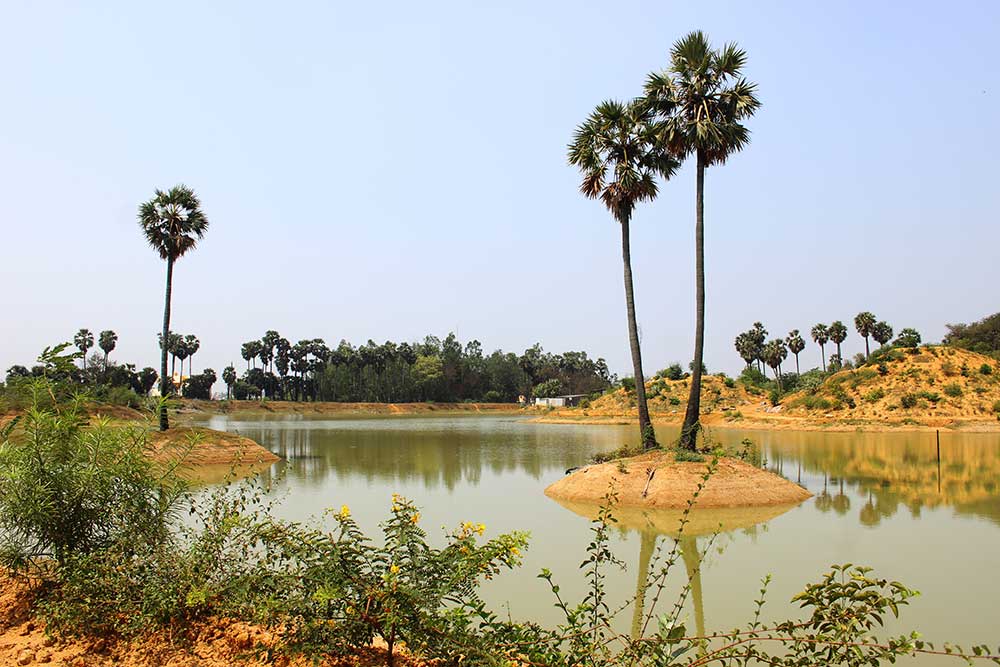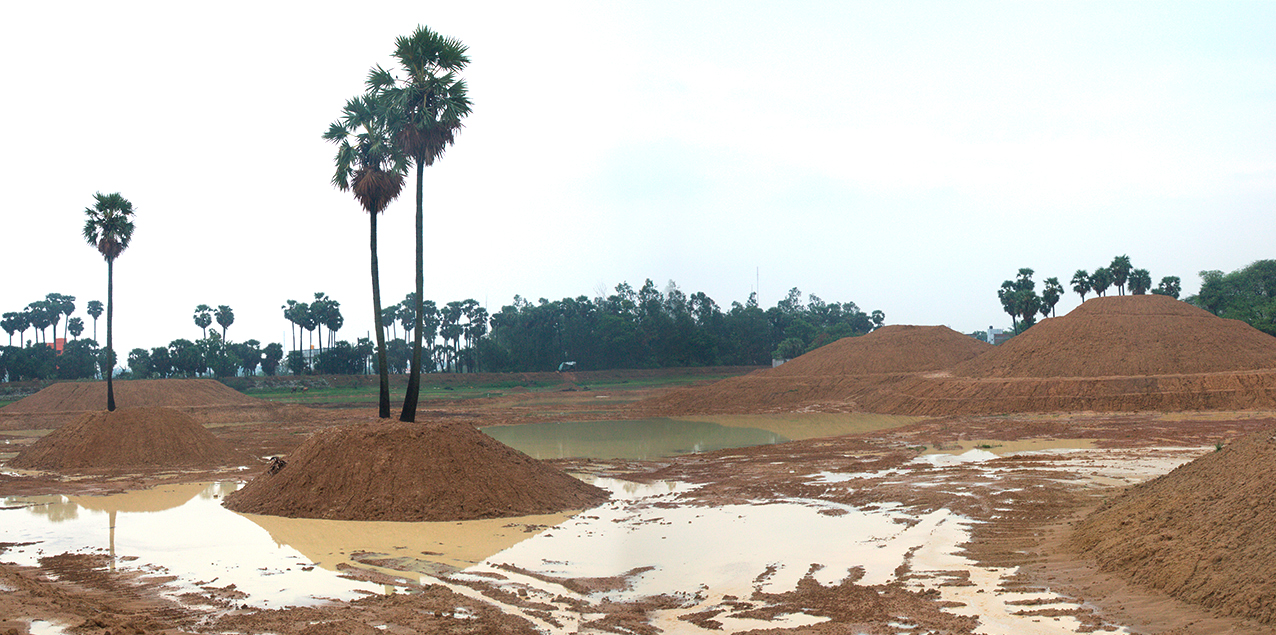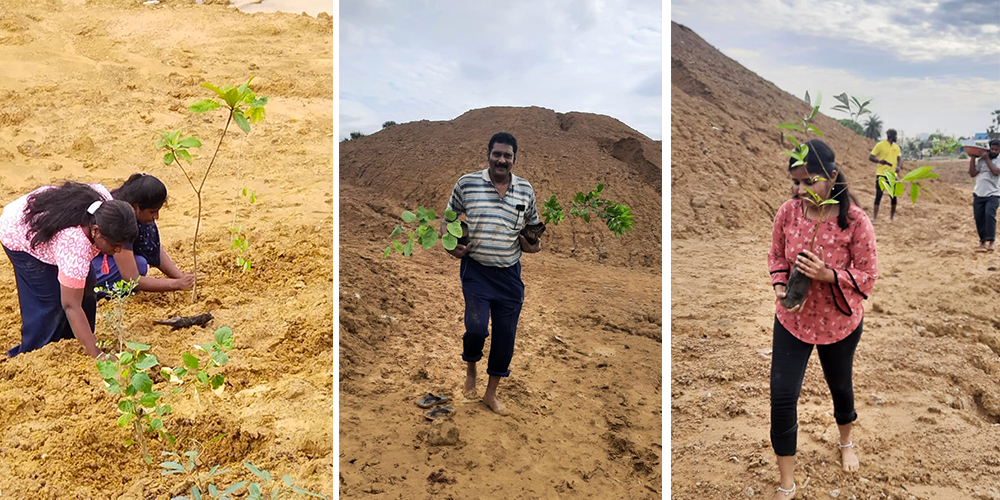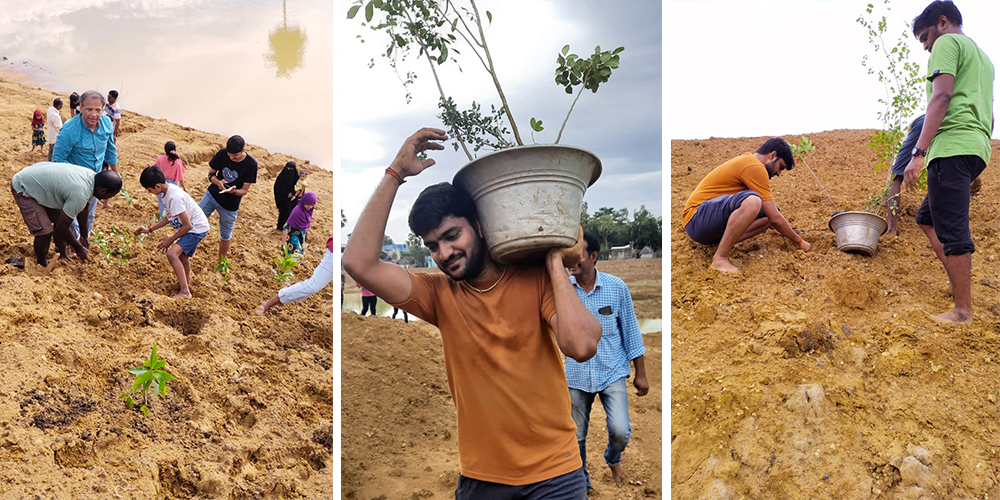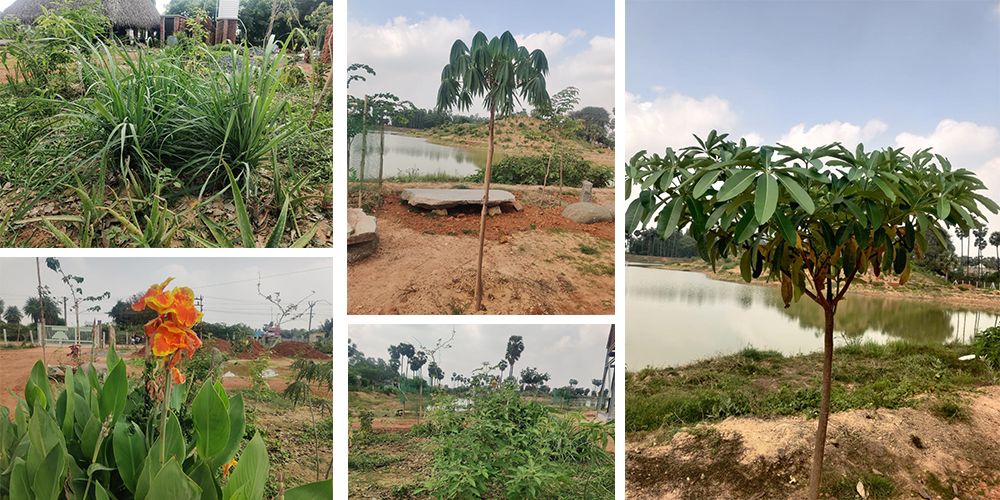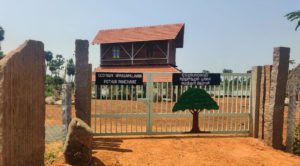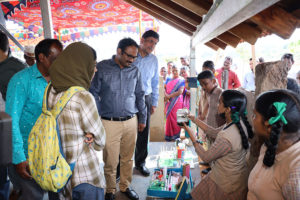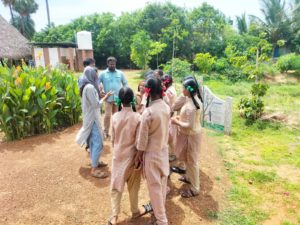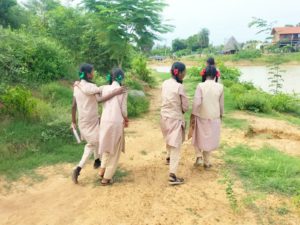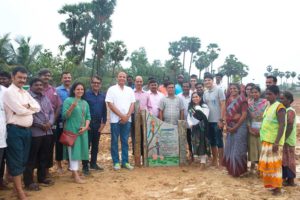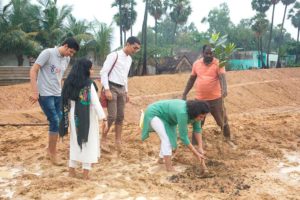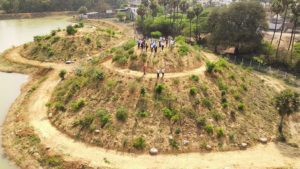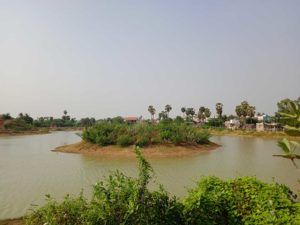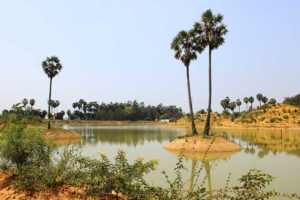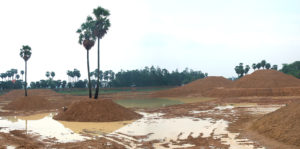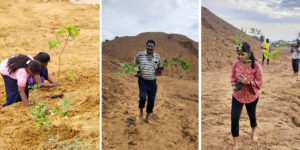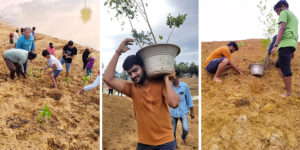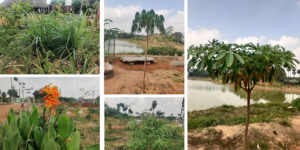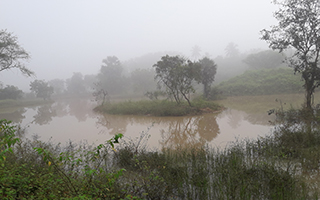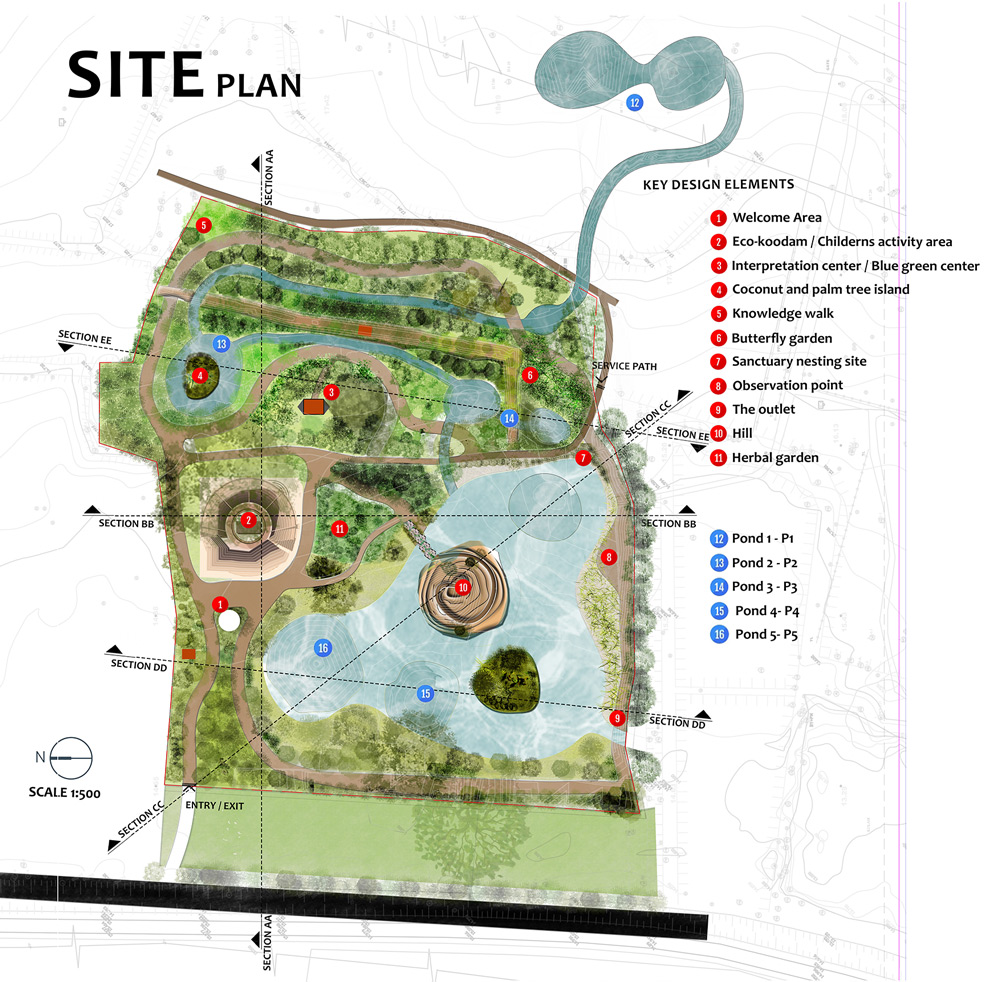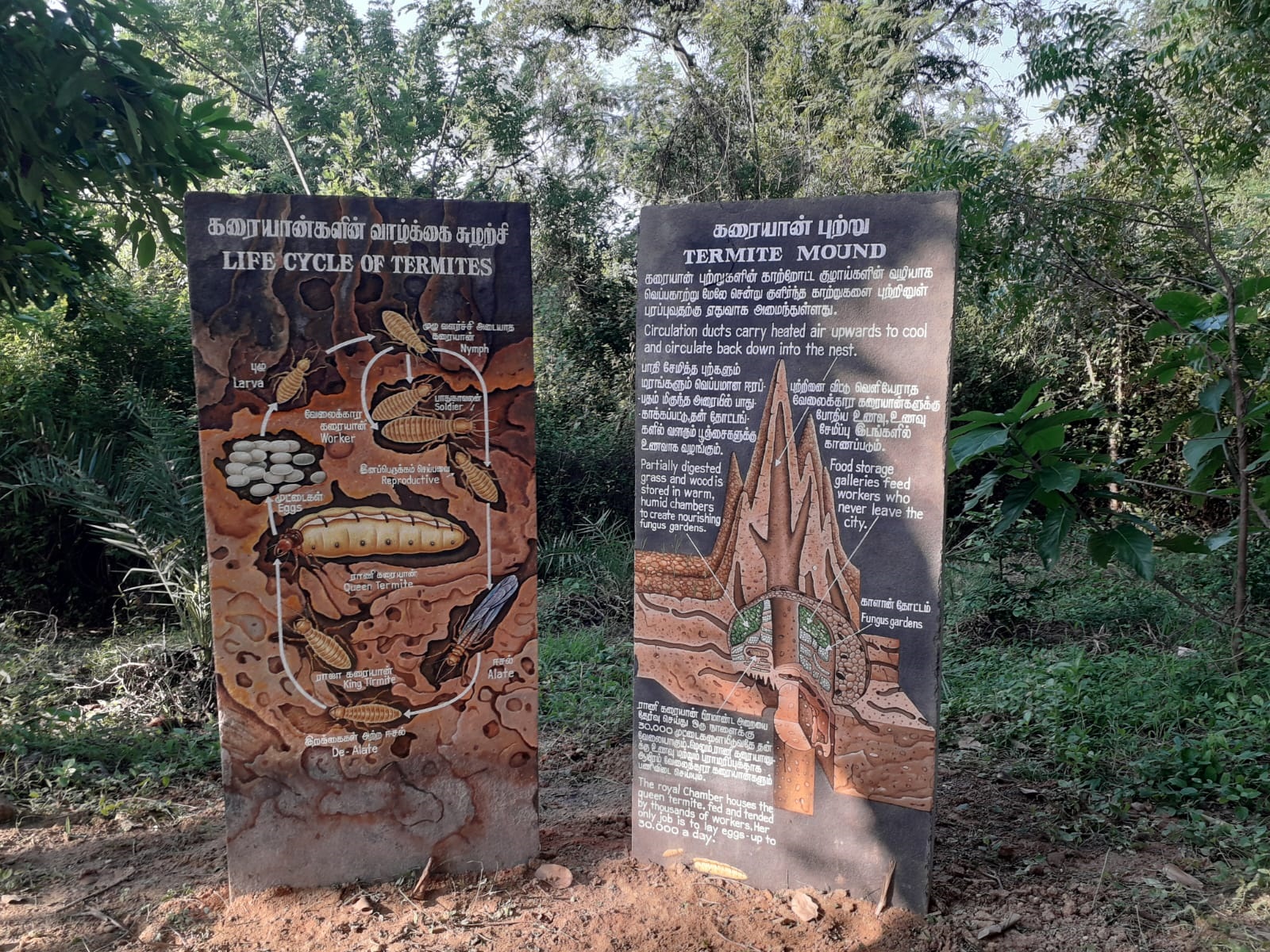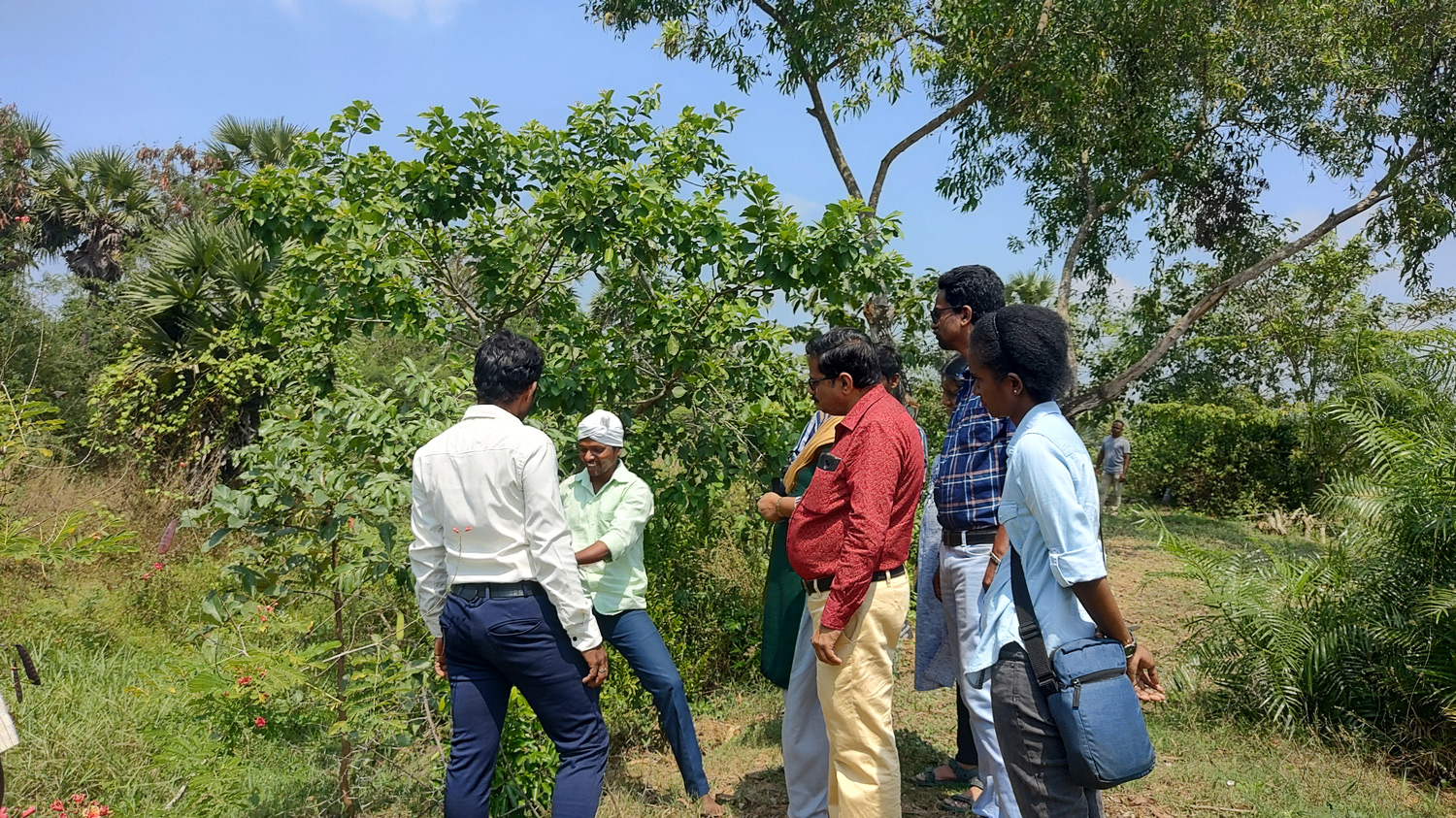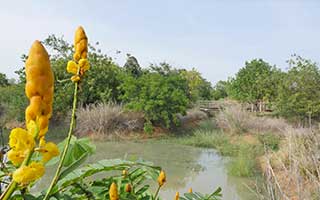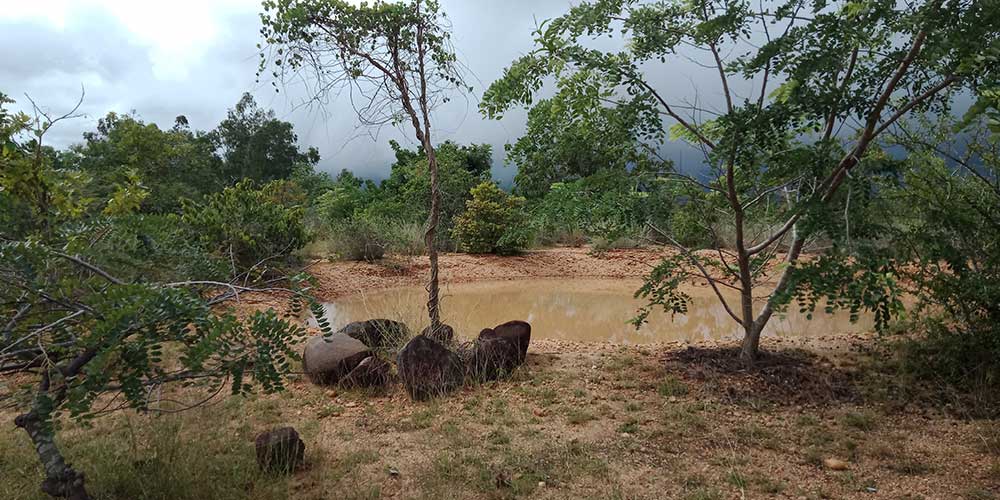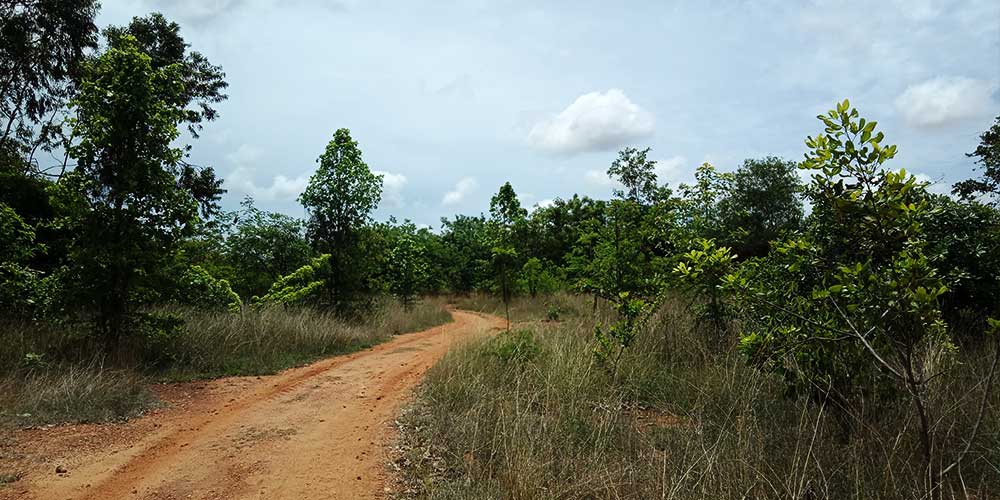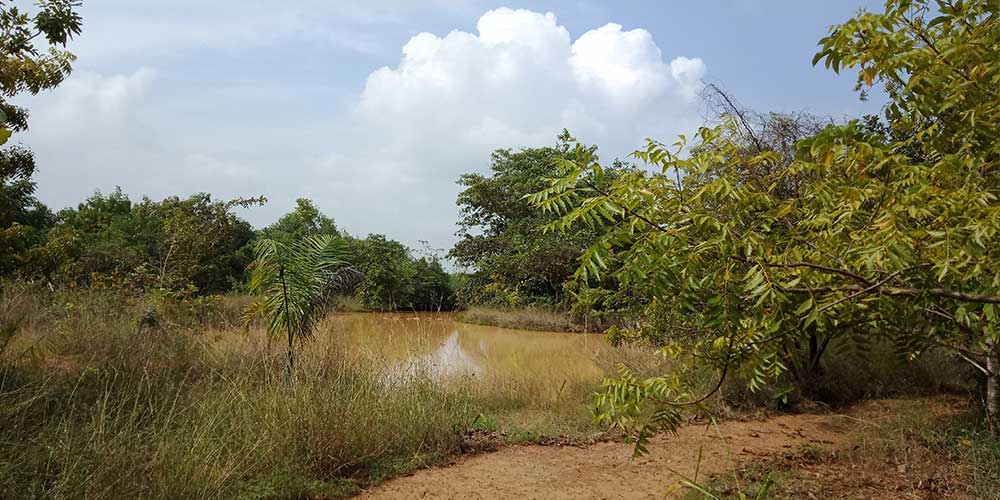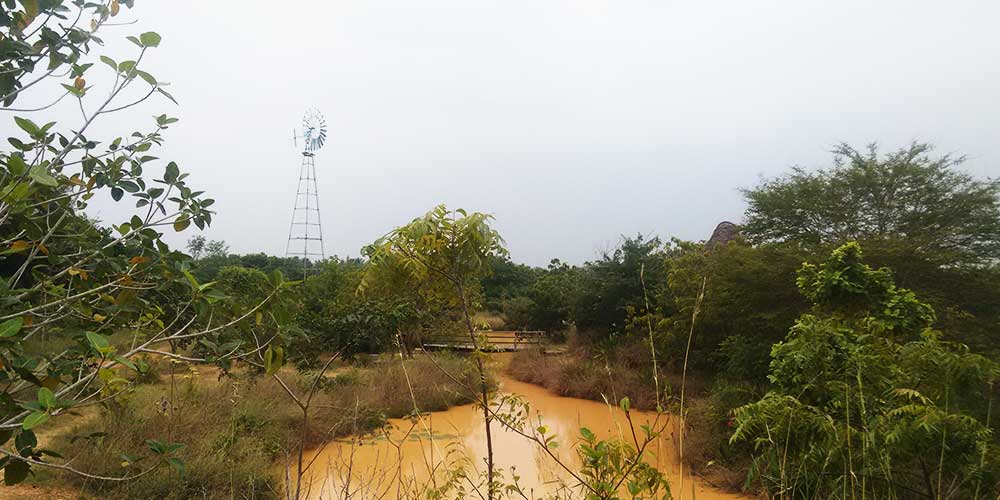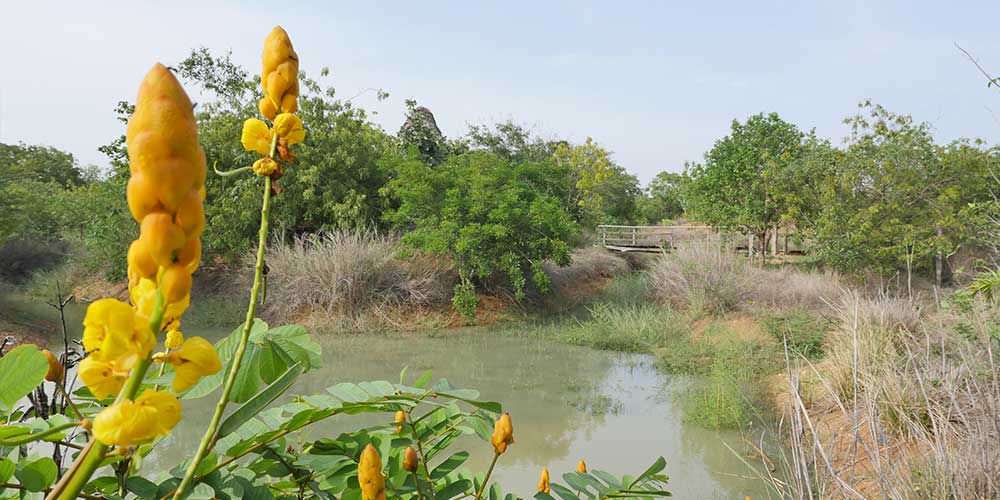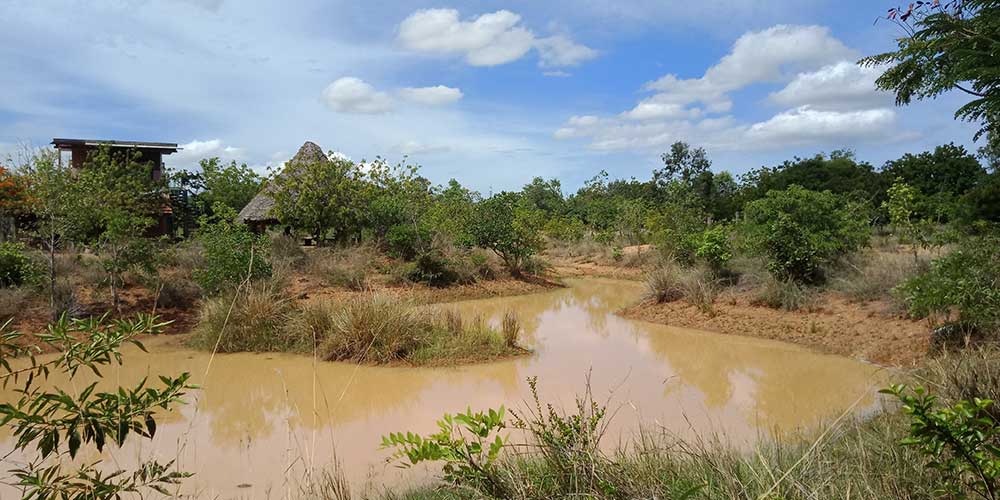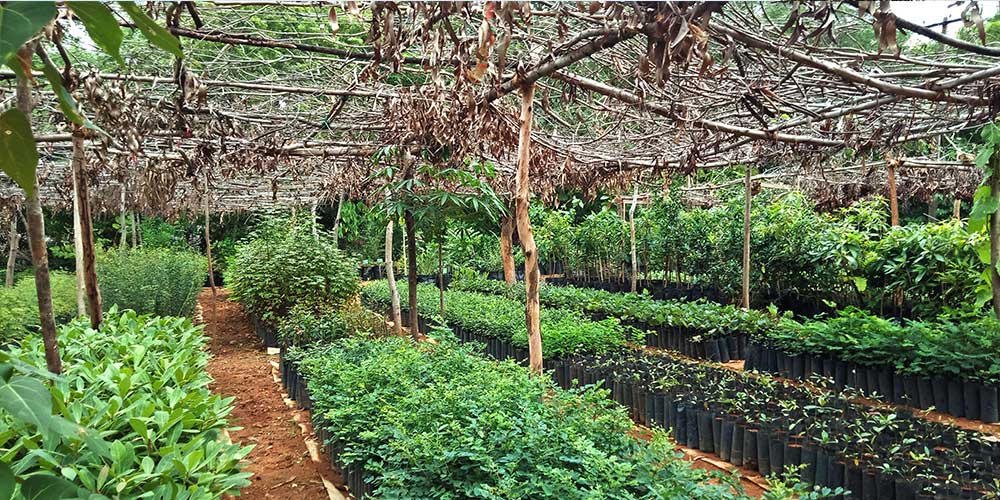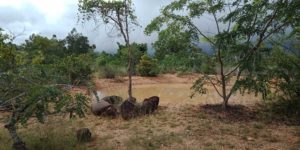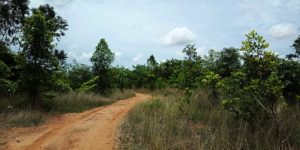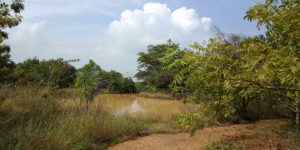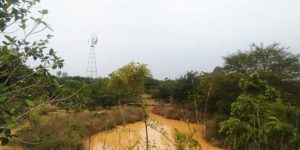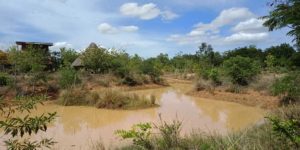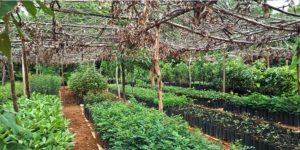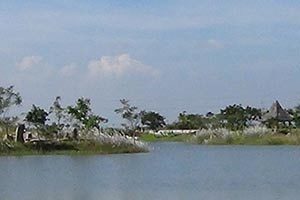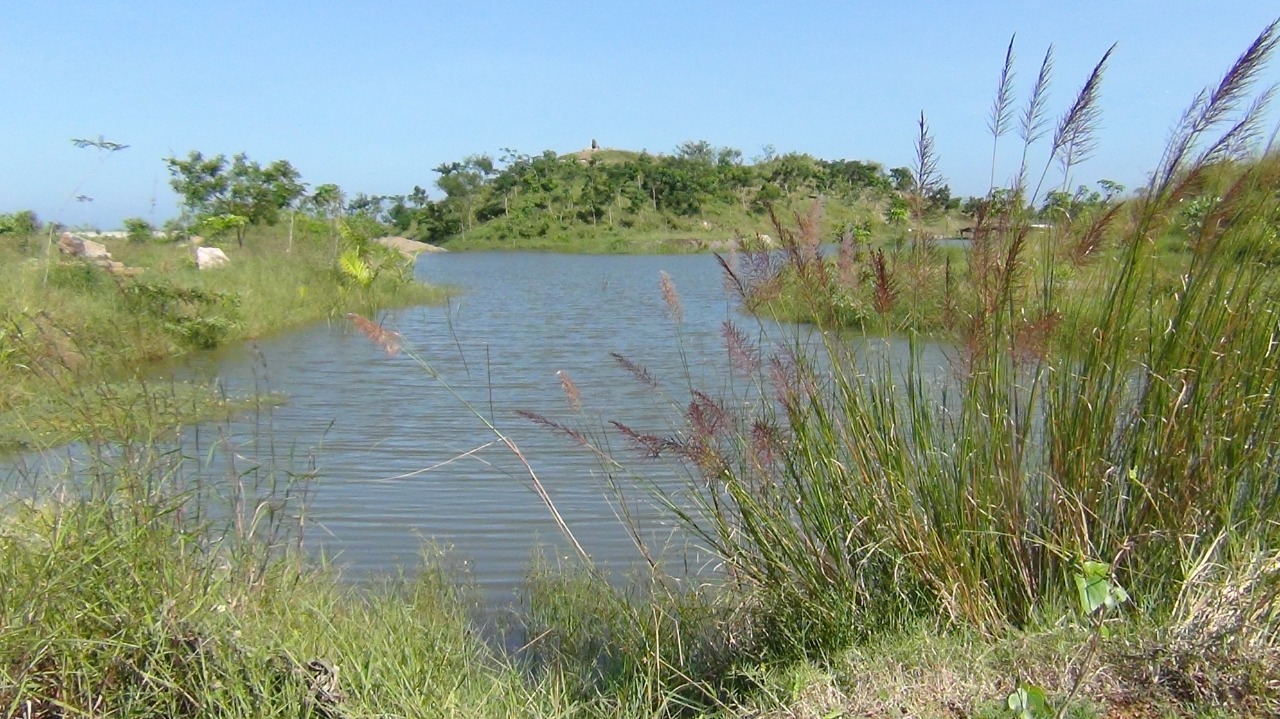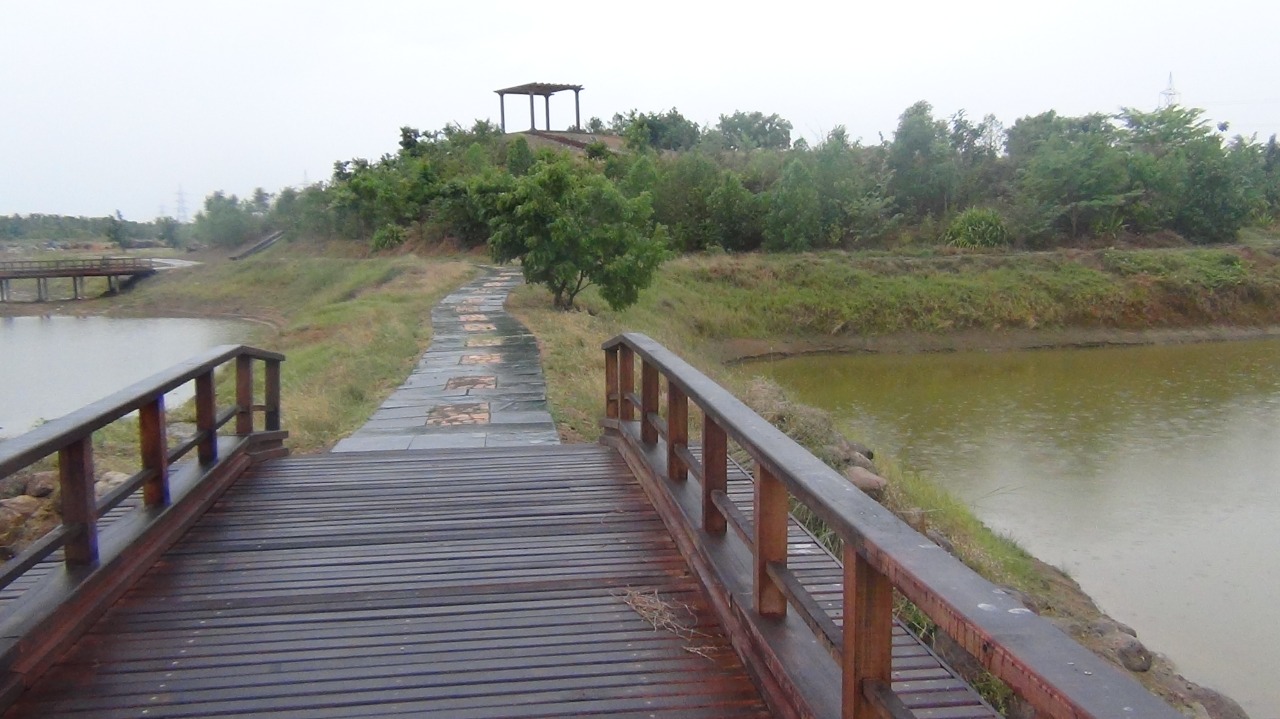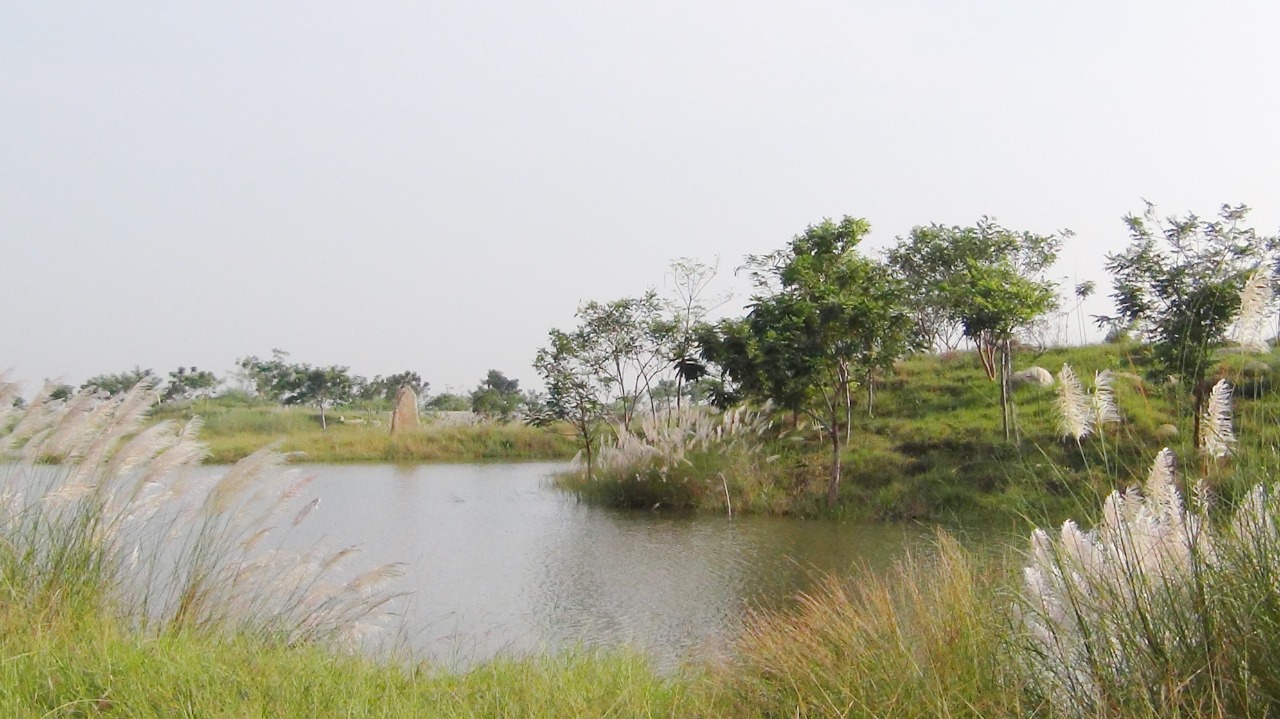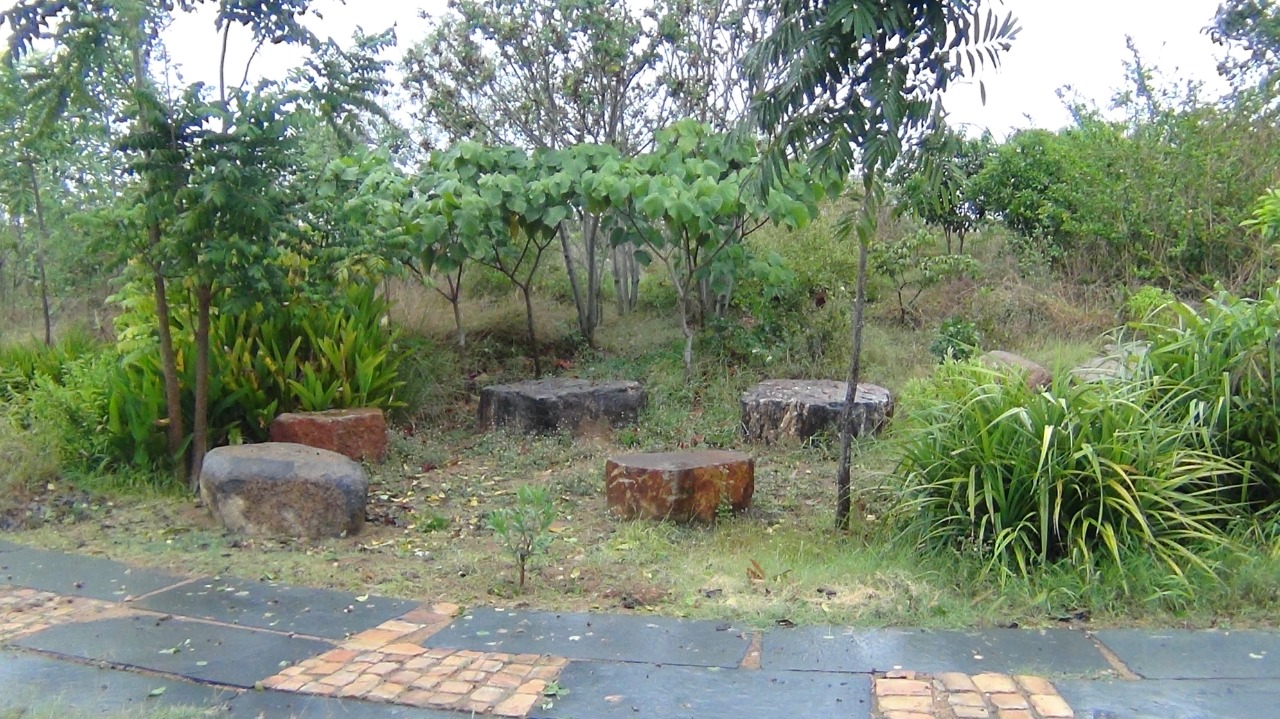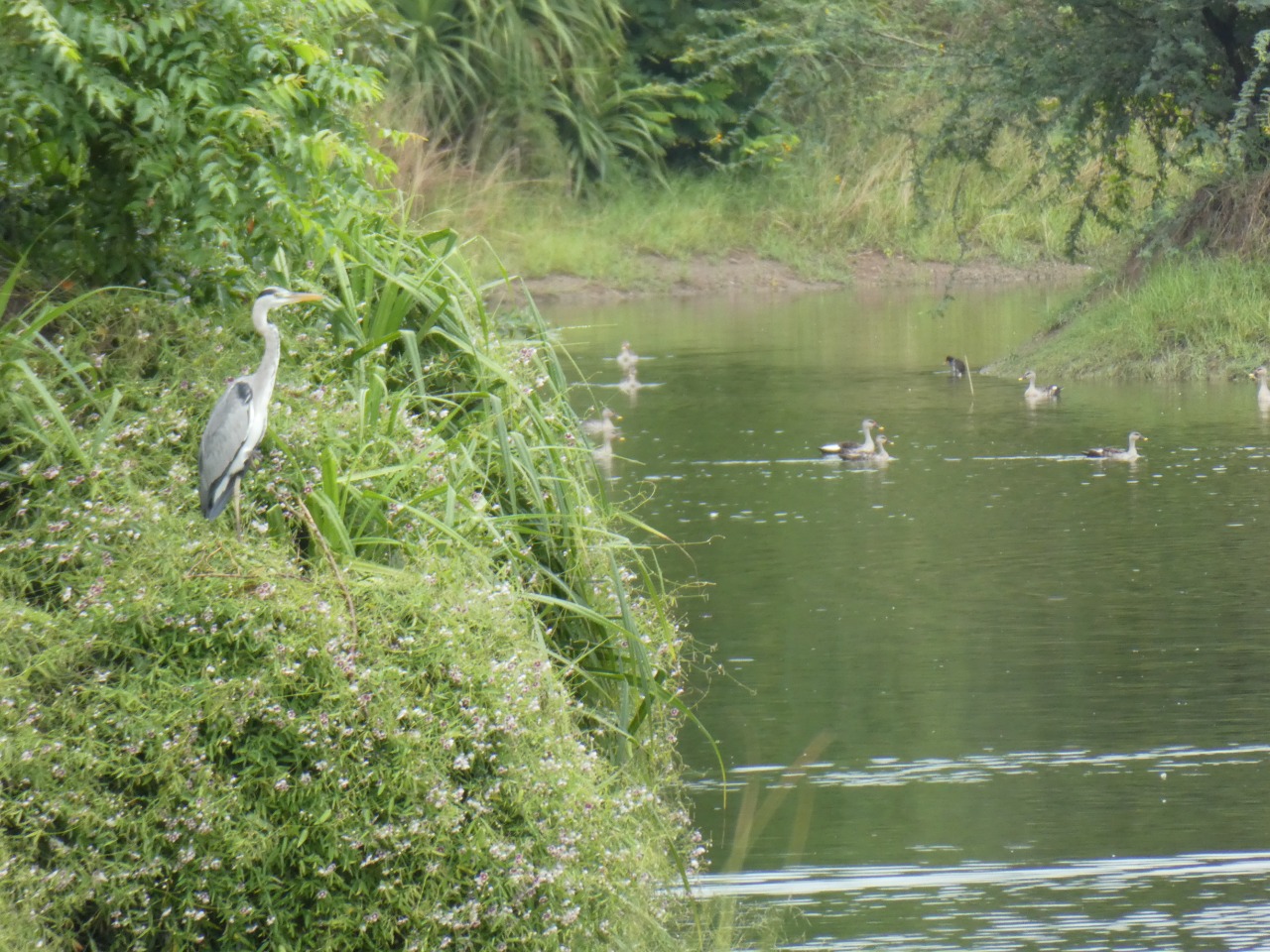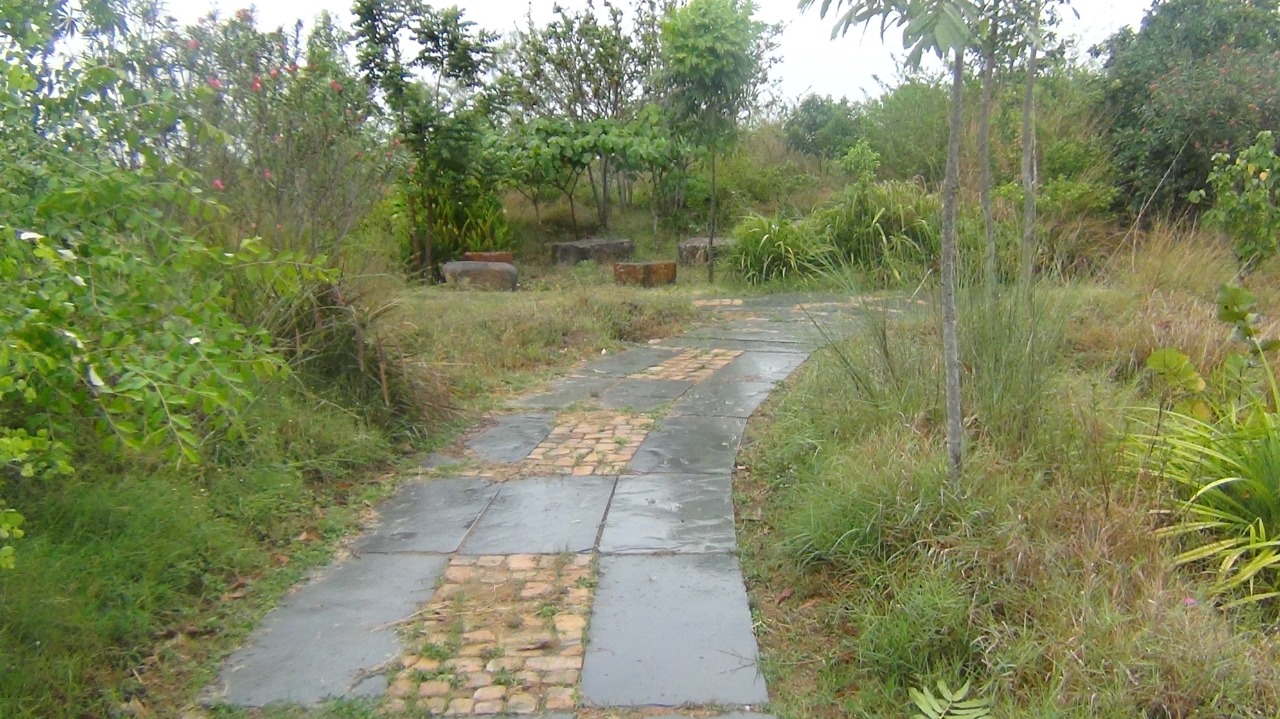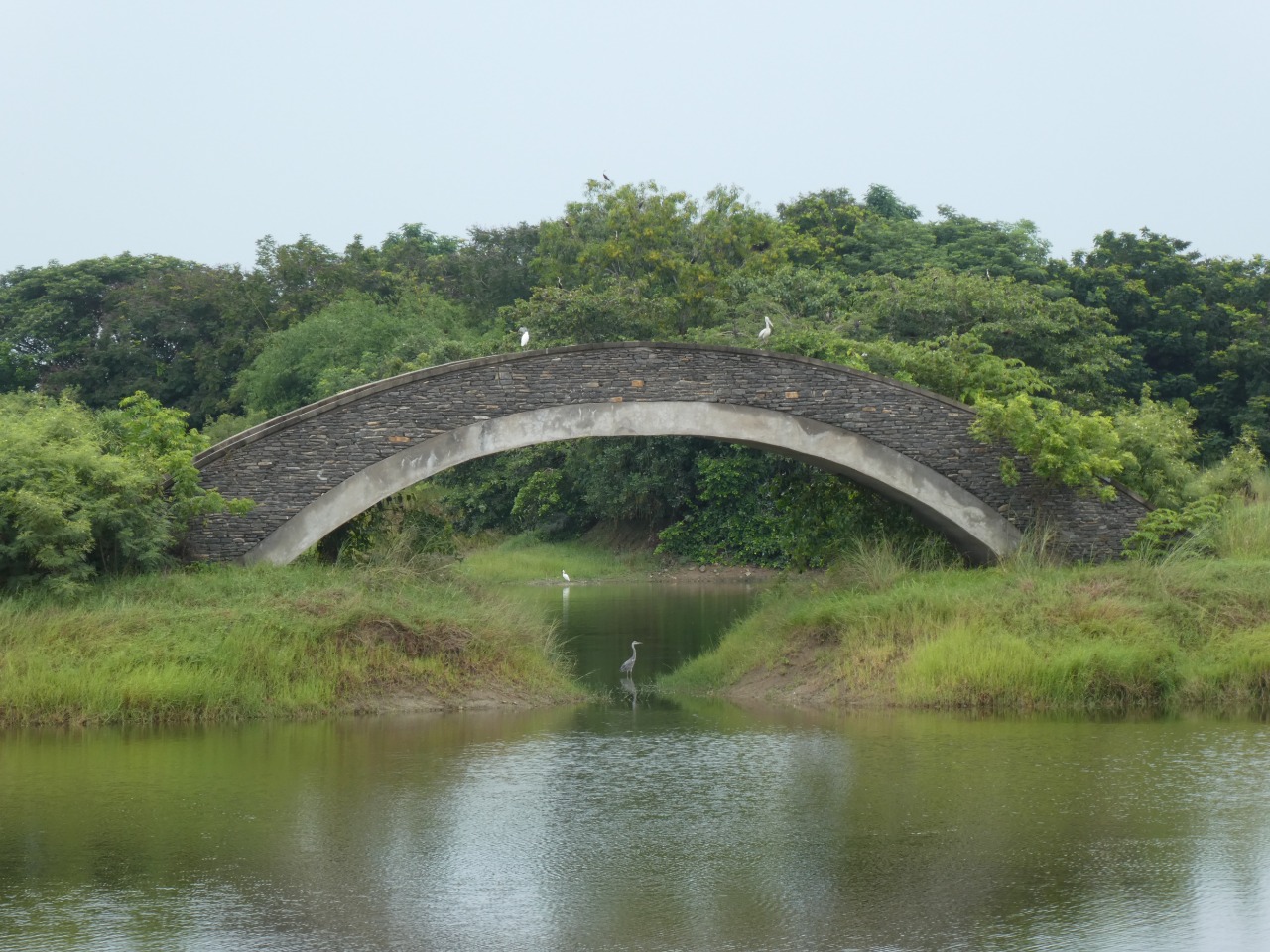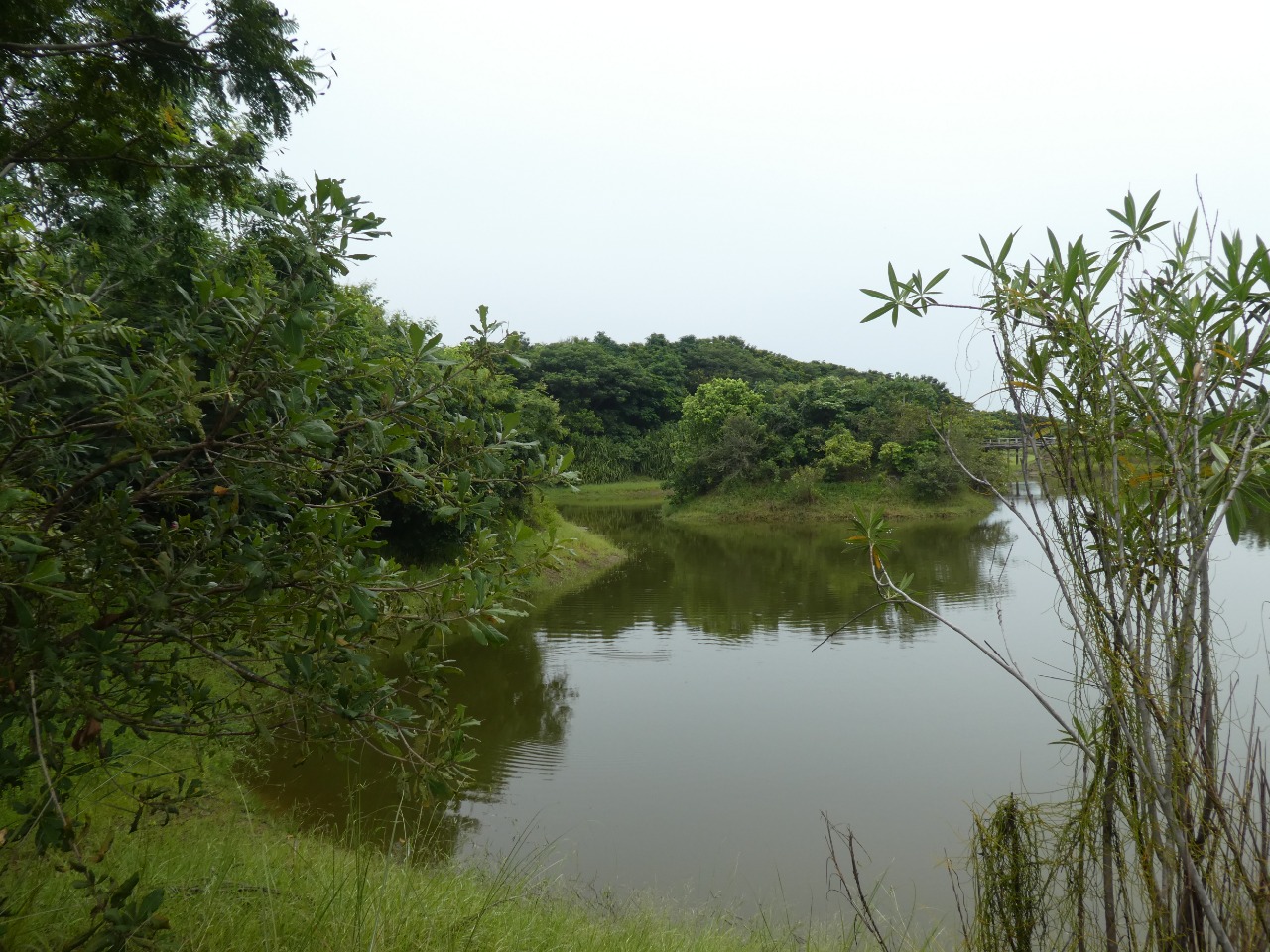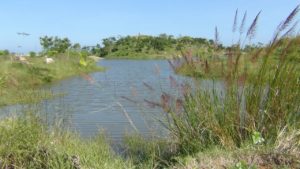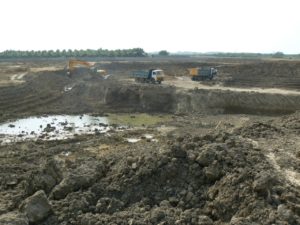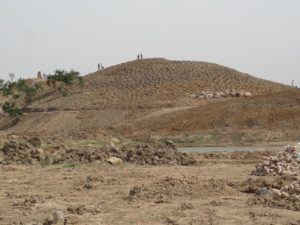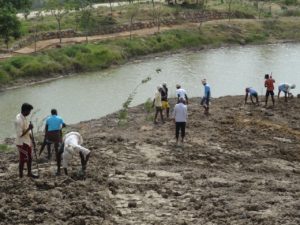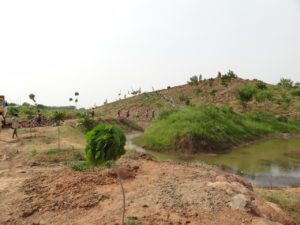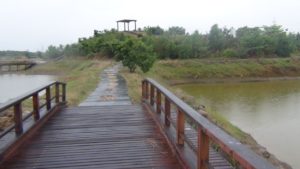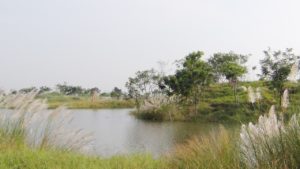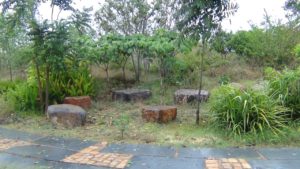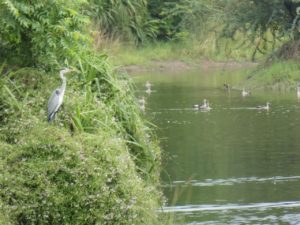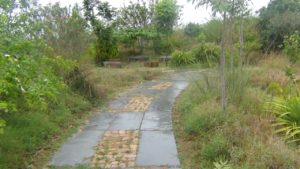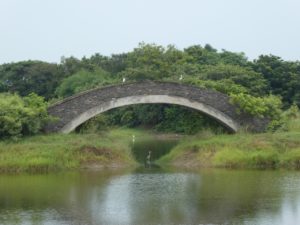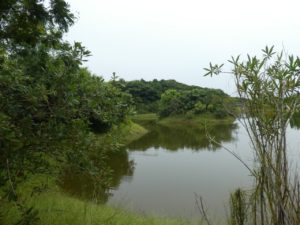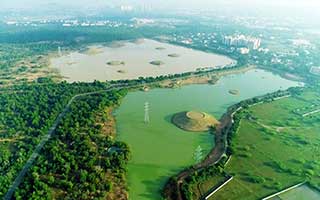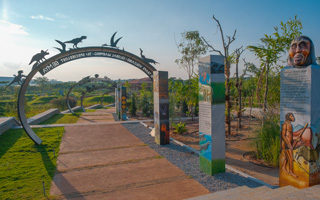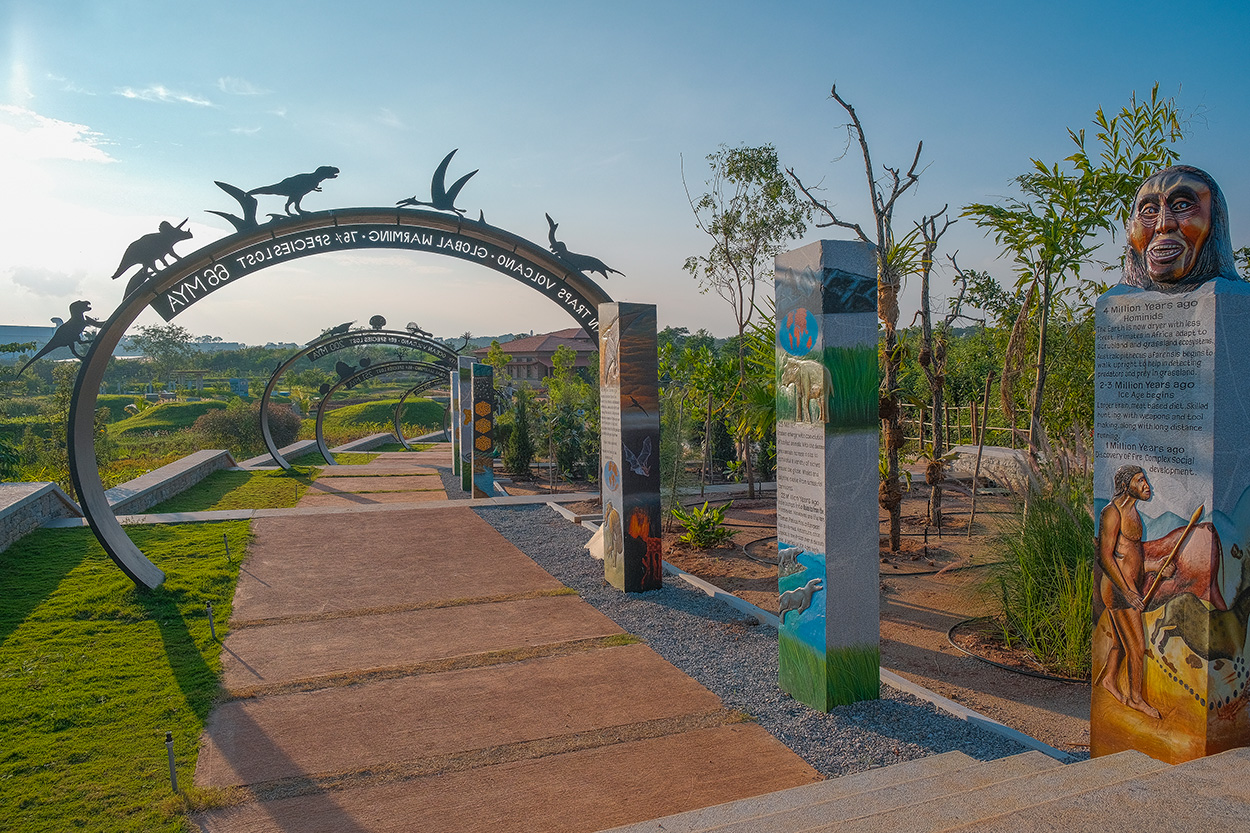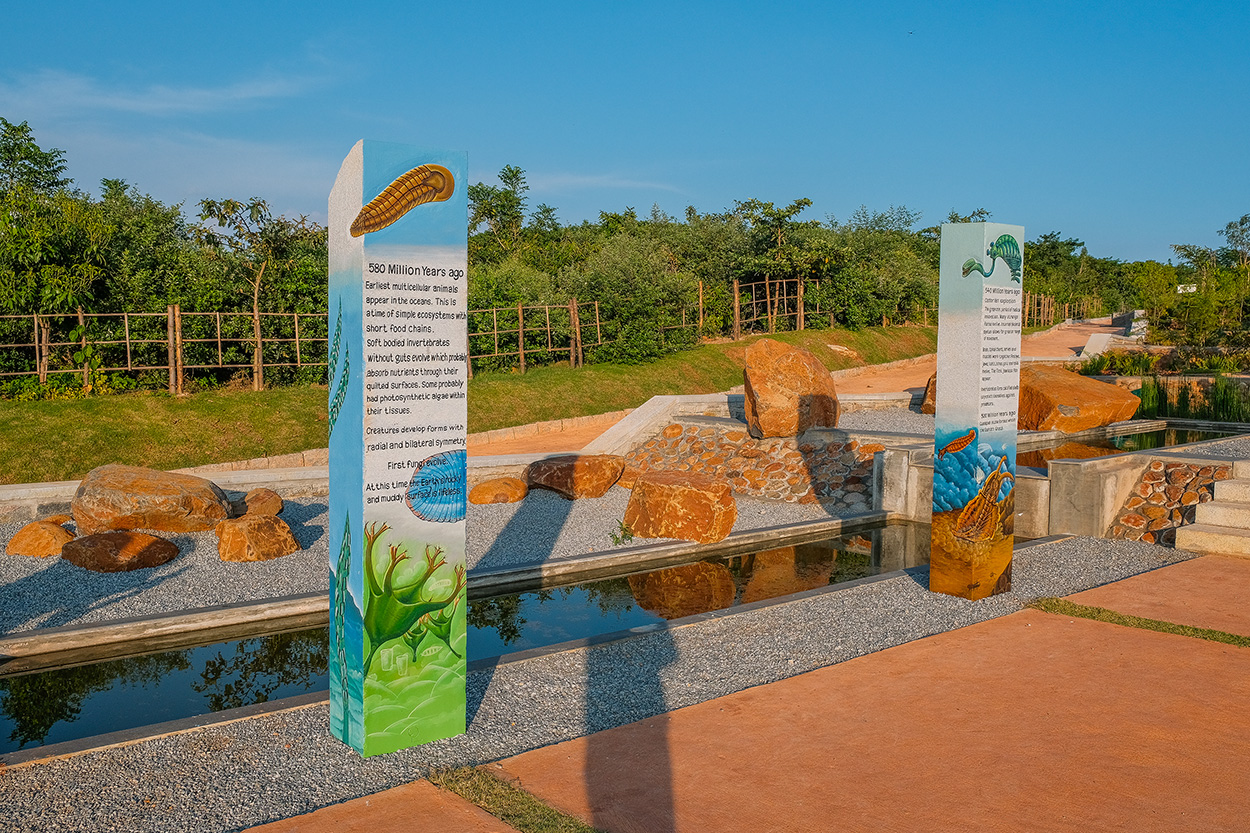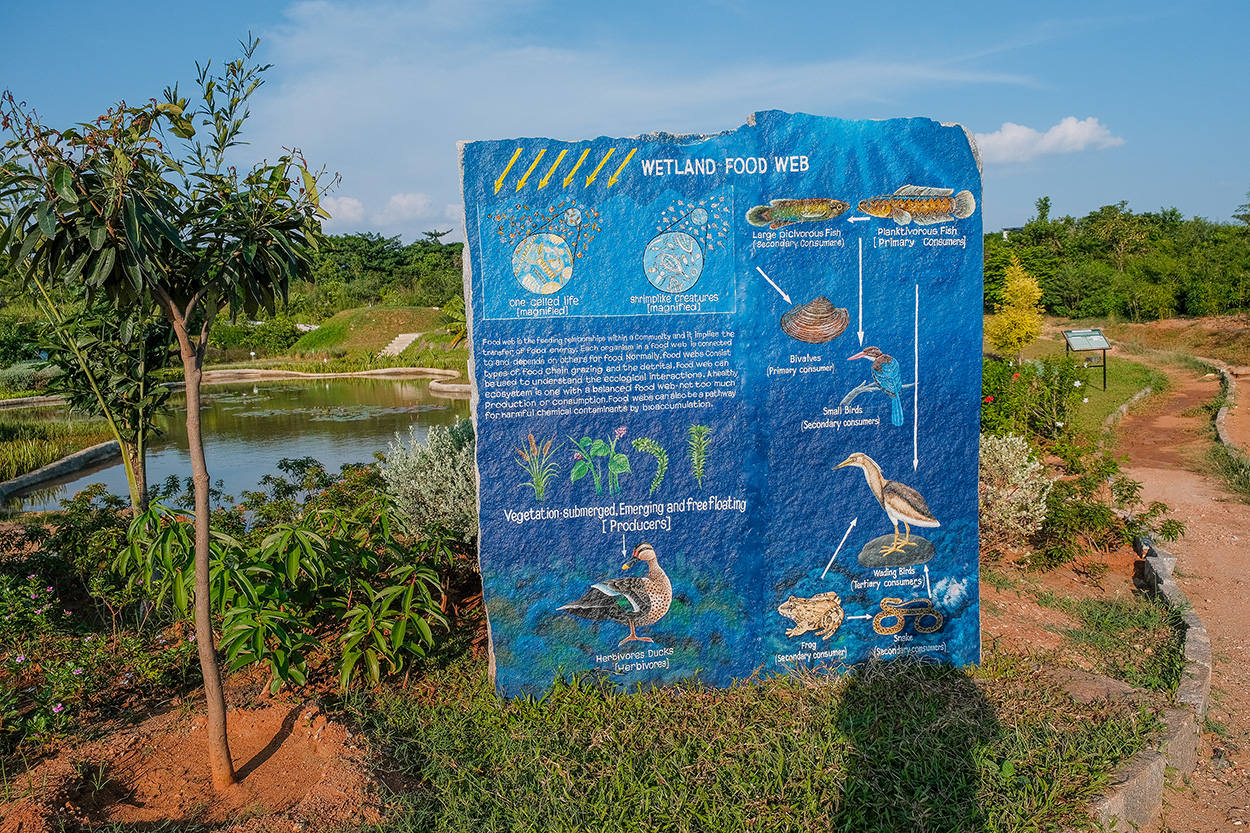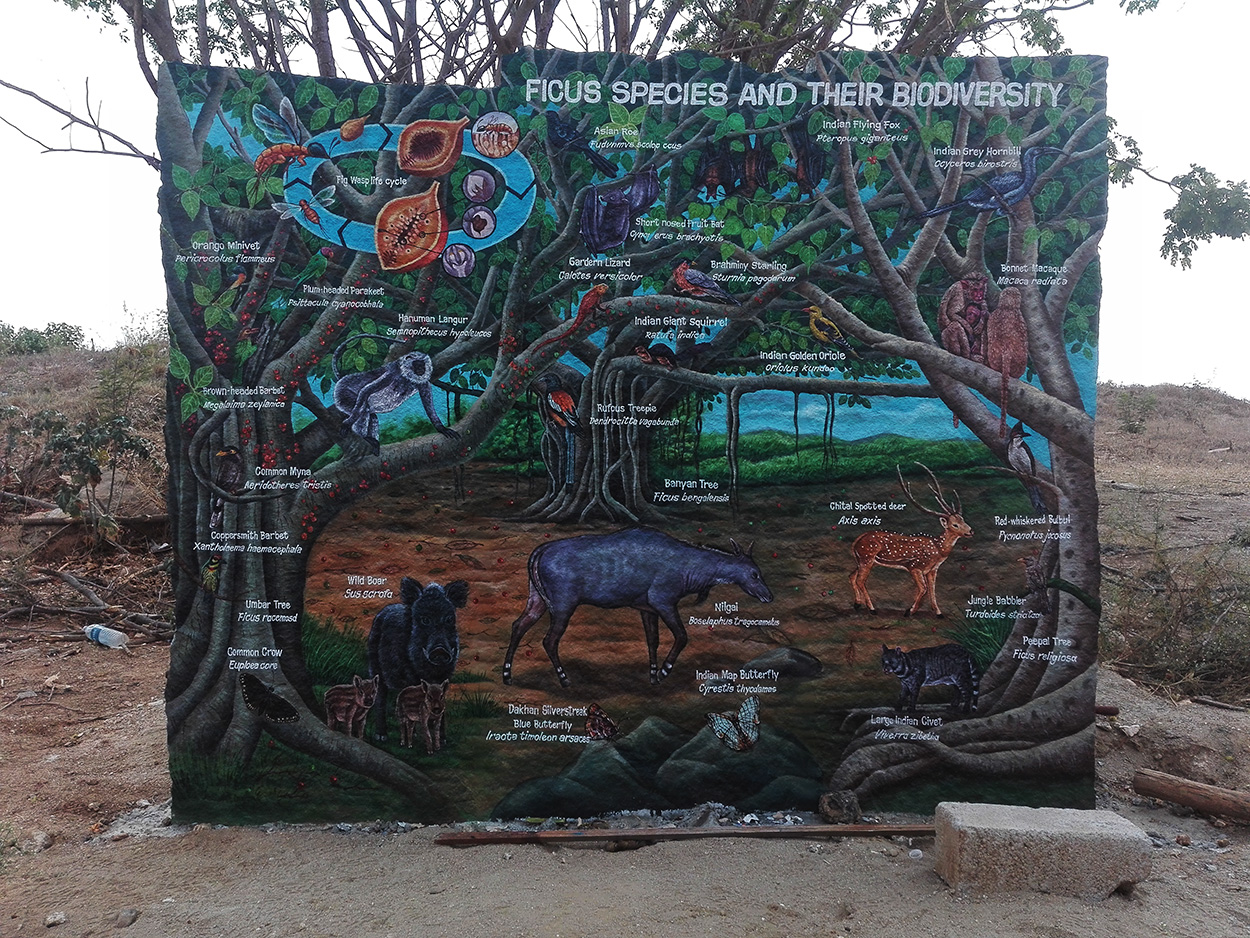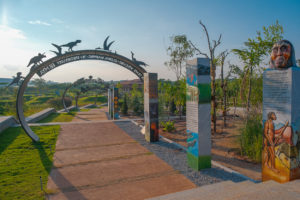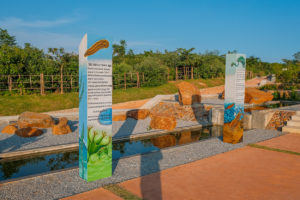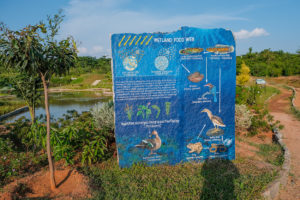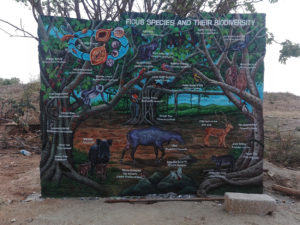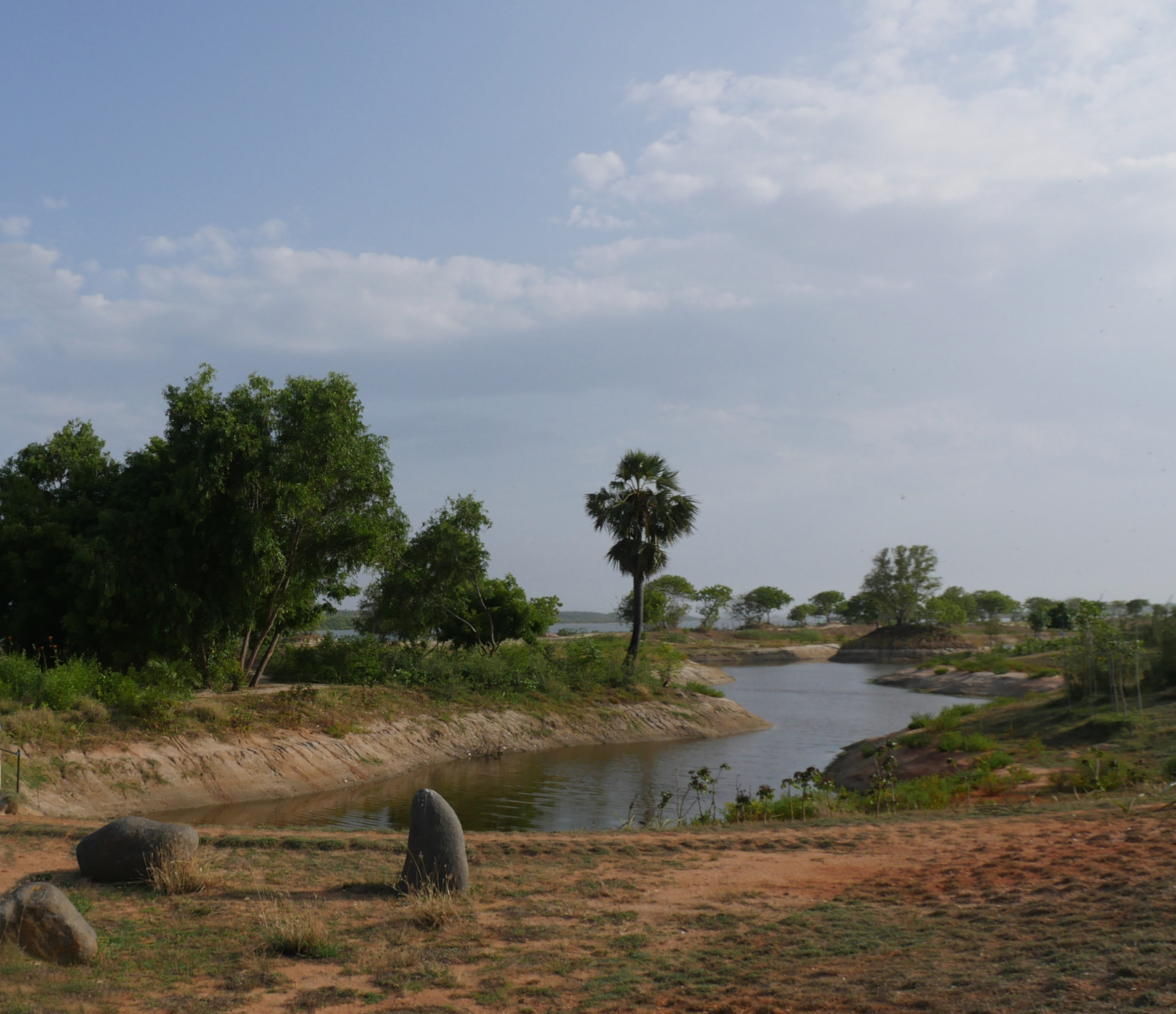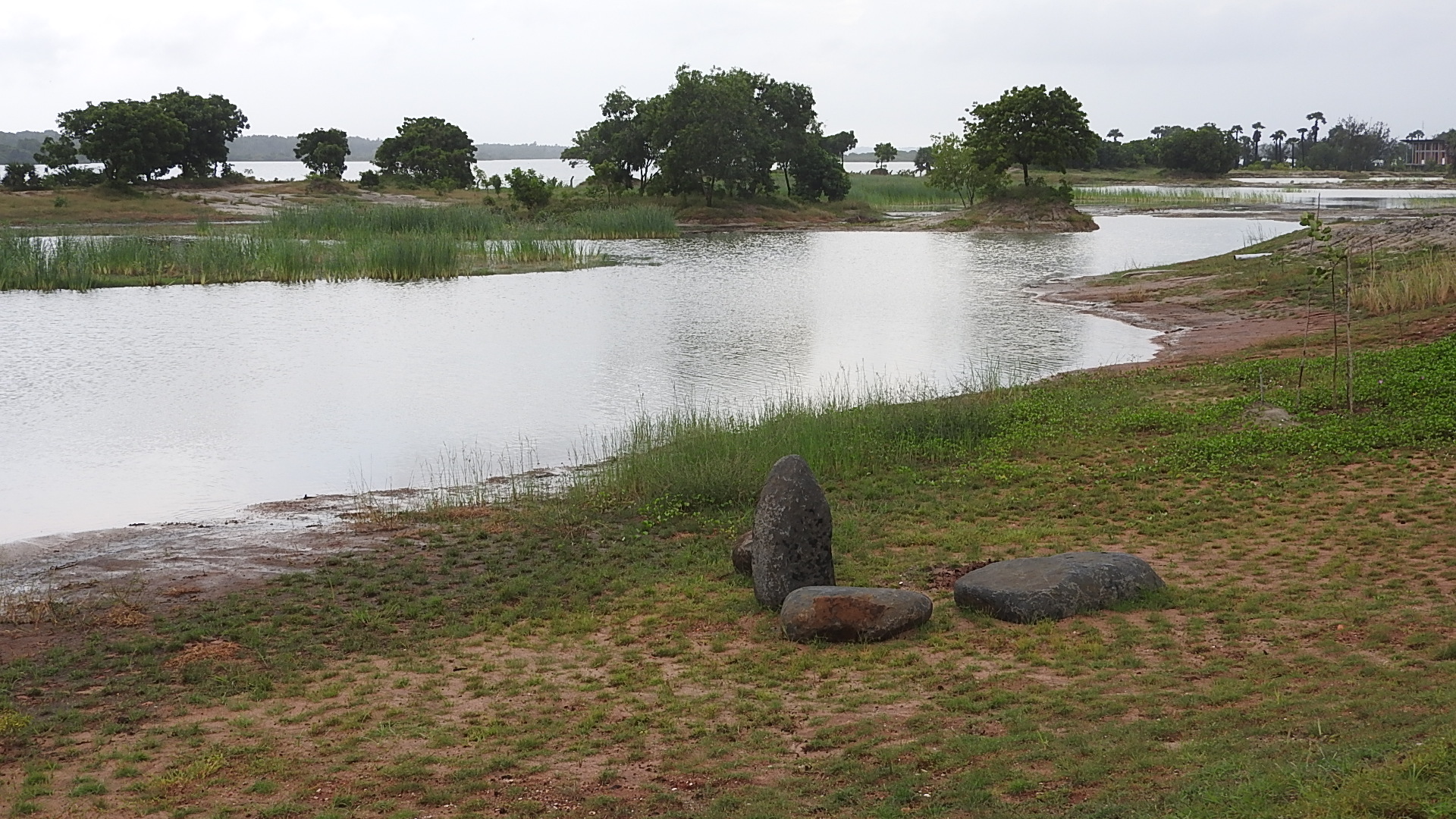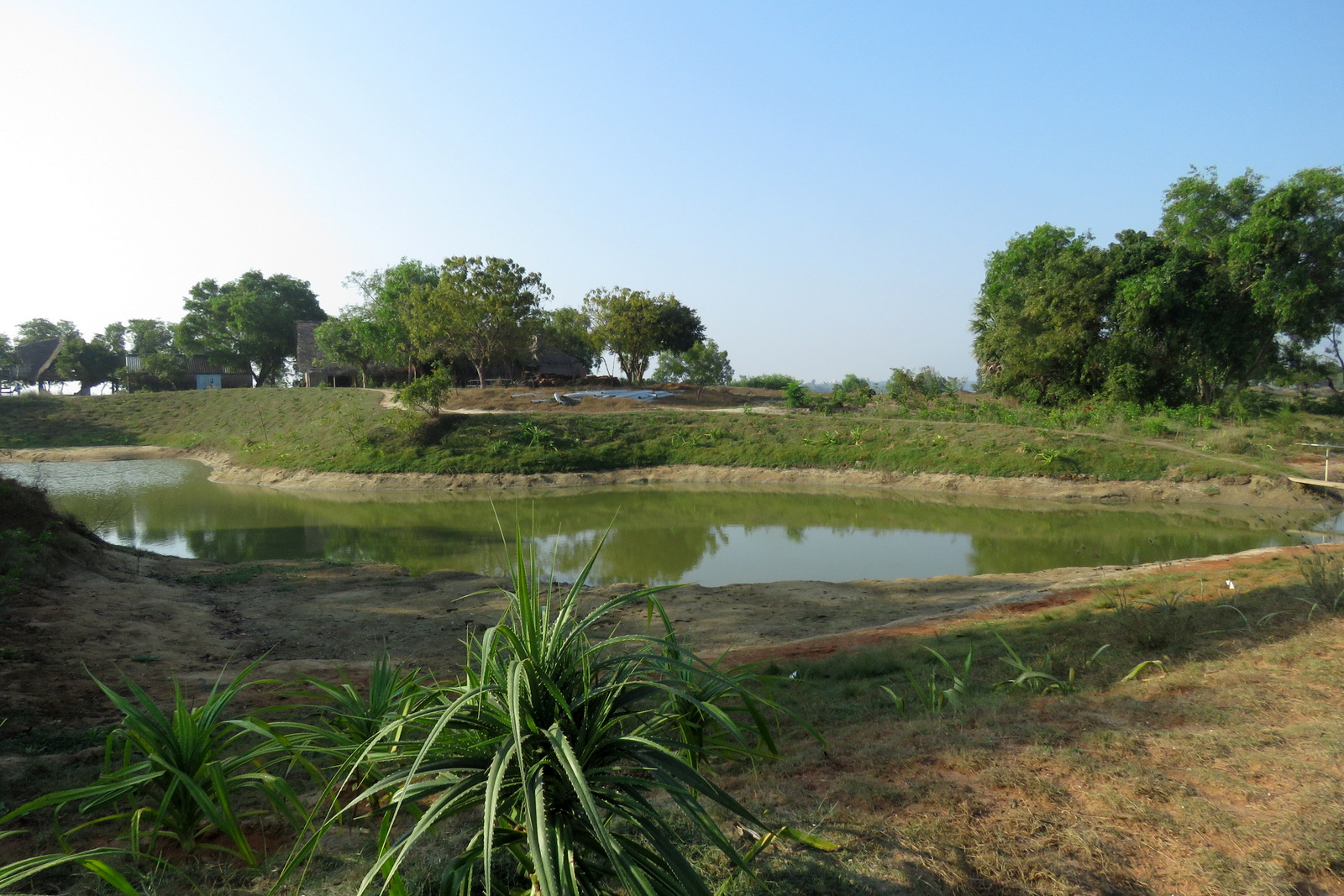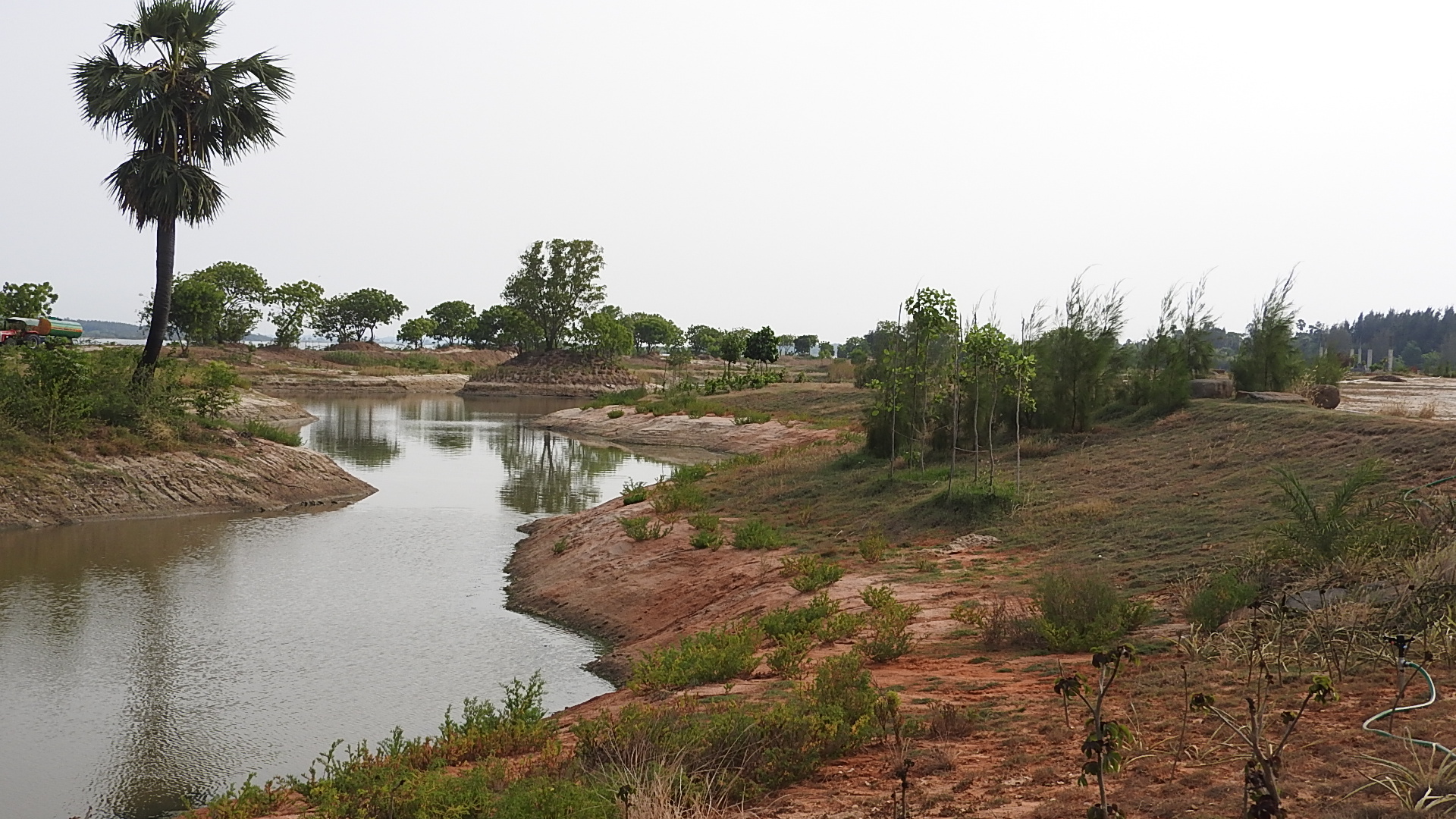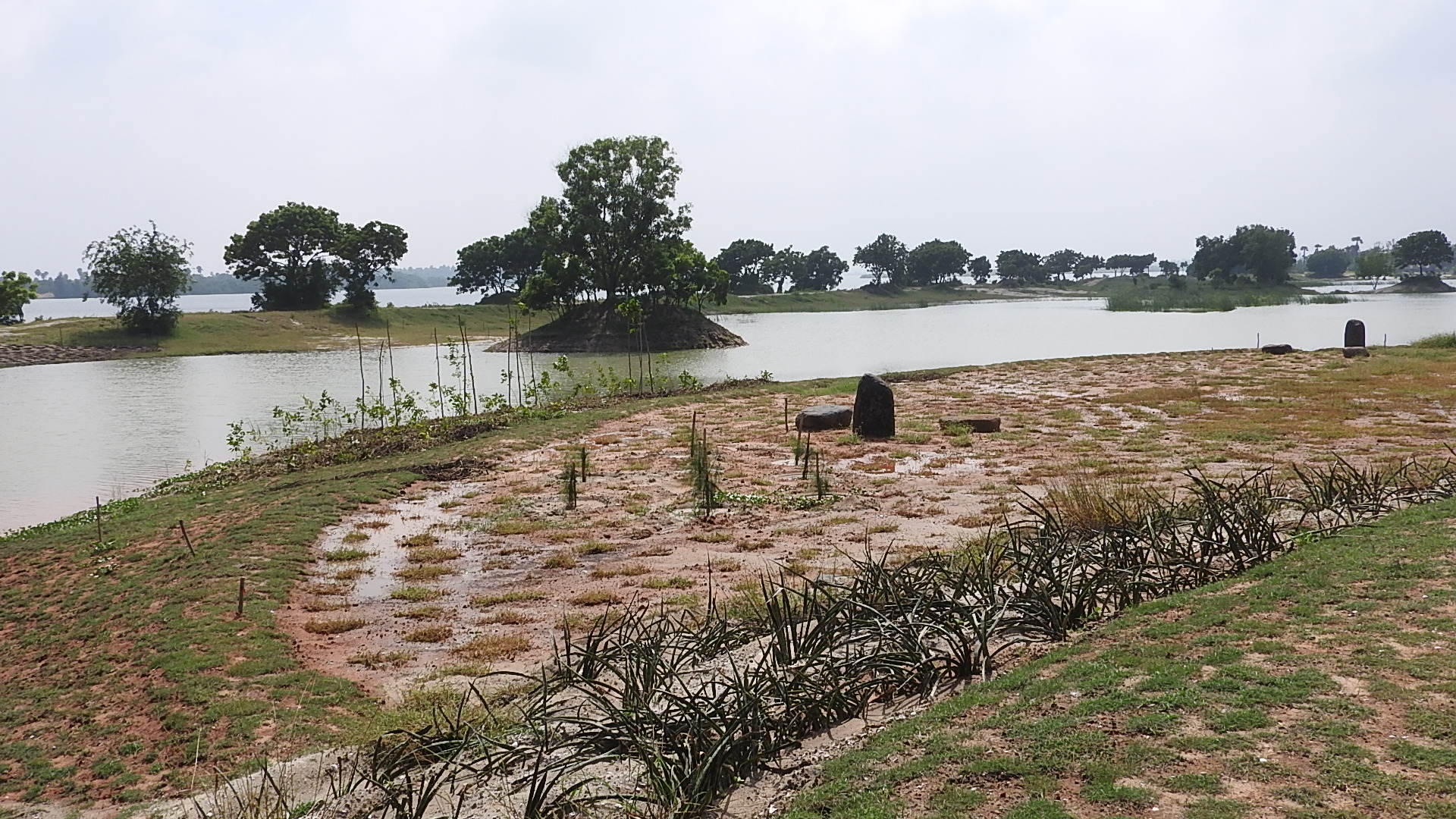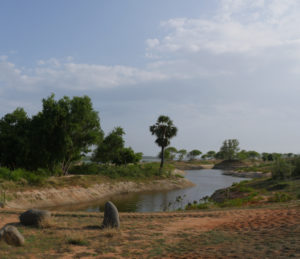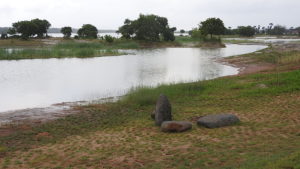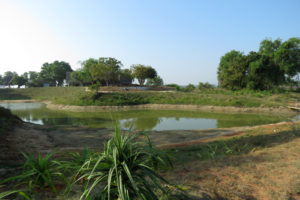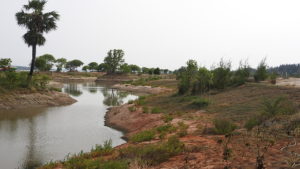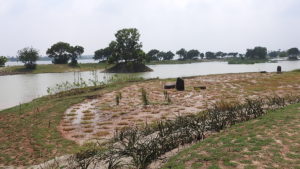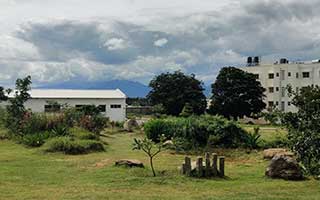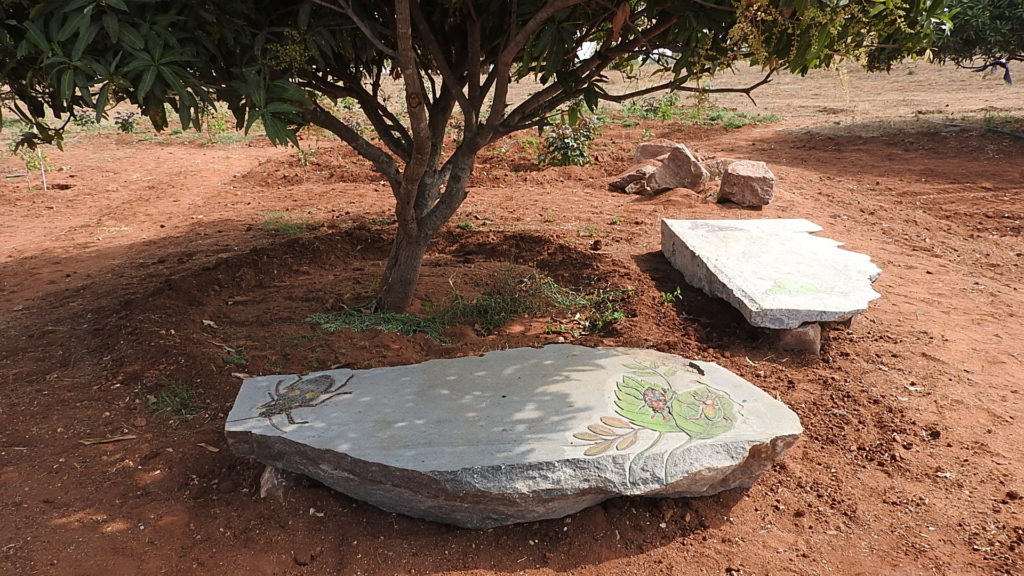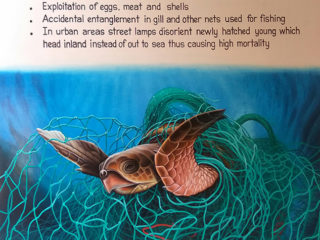Nanneer- Restoration of Naganthagal Eri, Pothur
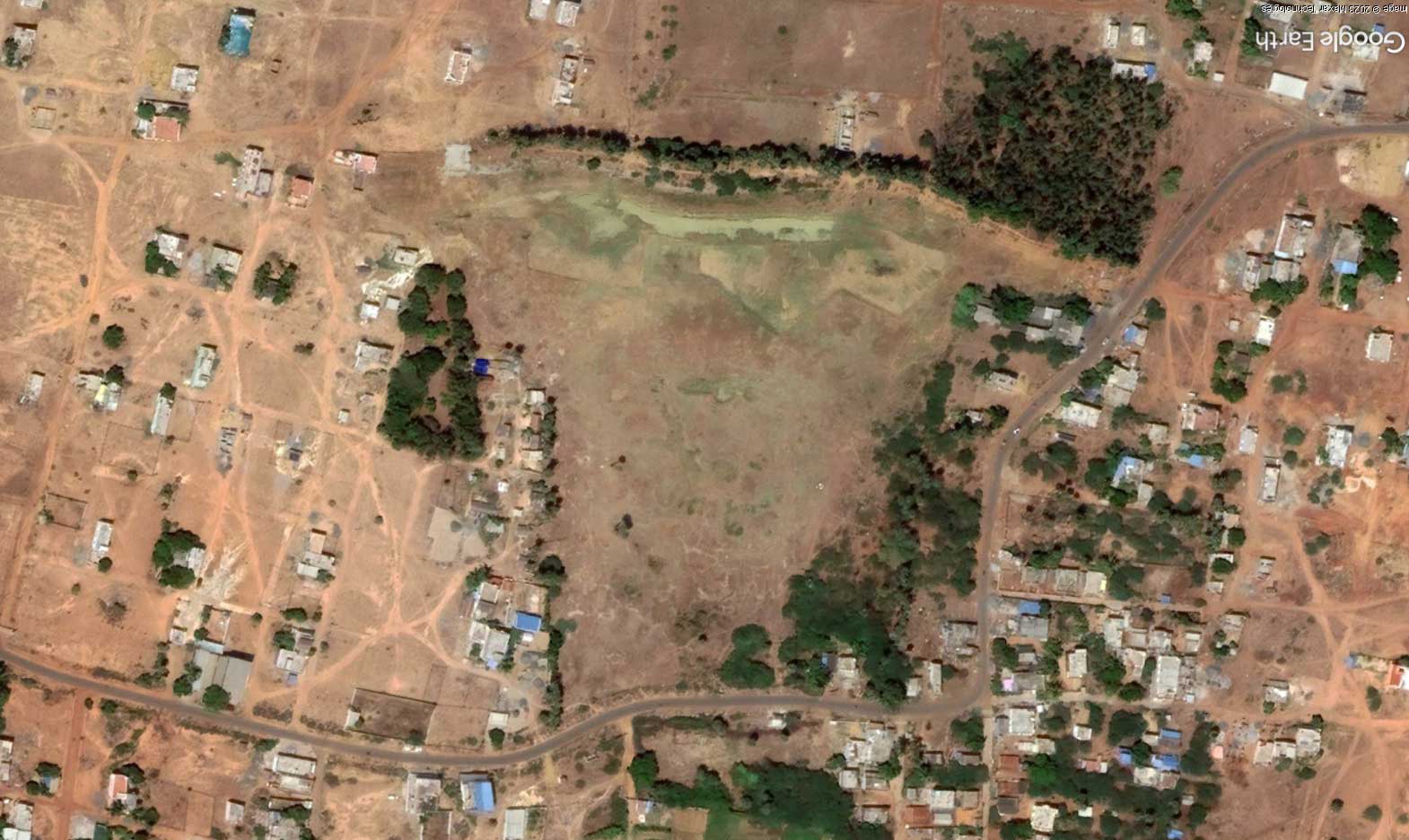
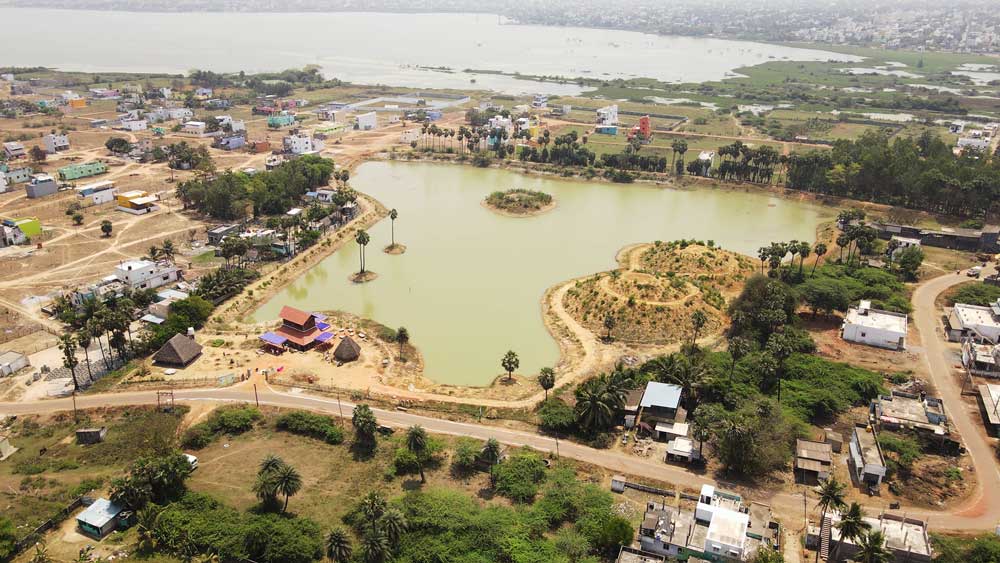
In 2022, the Pitchandikulam forest consultants undertook a significant restoration project at Naganthagal Eri, situated in Upparapalayam village, Pothur Panchayat. This lake had played a crucial role in the past by serving as a vital groundwater reservoir and providing safe drinking water to the community. Unfortunately, due to neglect, it had become filled with silt and overrun with weeds, losing its ability to hold water. The lake’s location on the outskirts of Chennai, just above the Puzhal Lake, made it an essential water body for water conveyance and urban flood prevention during the monsoon seasons.
The restoration project, carried out in partnership with Pothur Panchayat and funded by Tata Communications limited, was aptly named “Nanneer,” which translates to “good/safe water.” Before commencing the restoration work, the Pitchandikulam team conducted a thorough biodiversity survey to identify the fauna and flora in the area. This step was crucial to reintroduce the native species that once thrived there. Subsequently, a well-planned land shaping strategy was designed for the 15.01-acre lake, incorporating features such as platforms, an island, and two small hills with walking tracks.
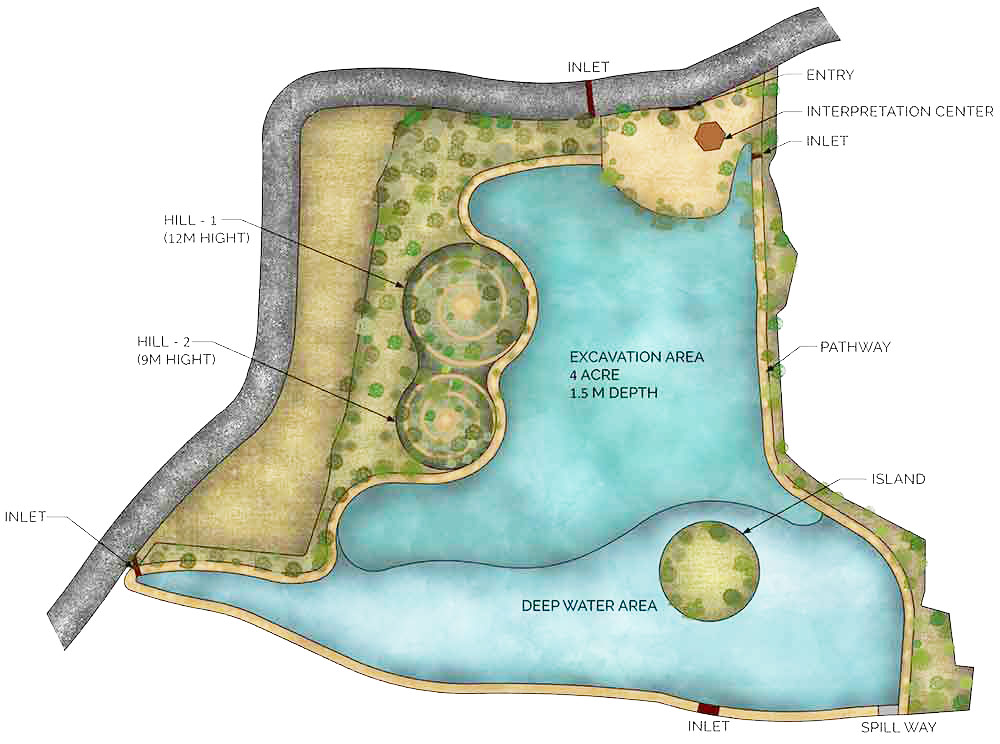
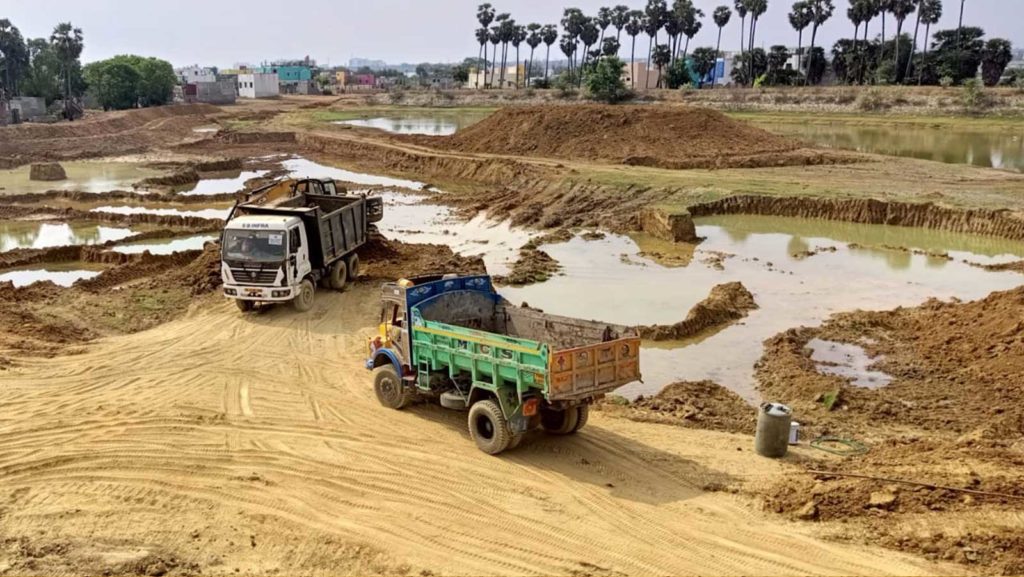
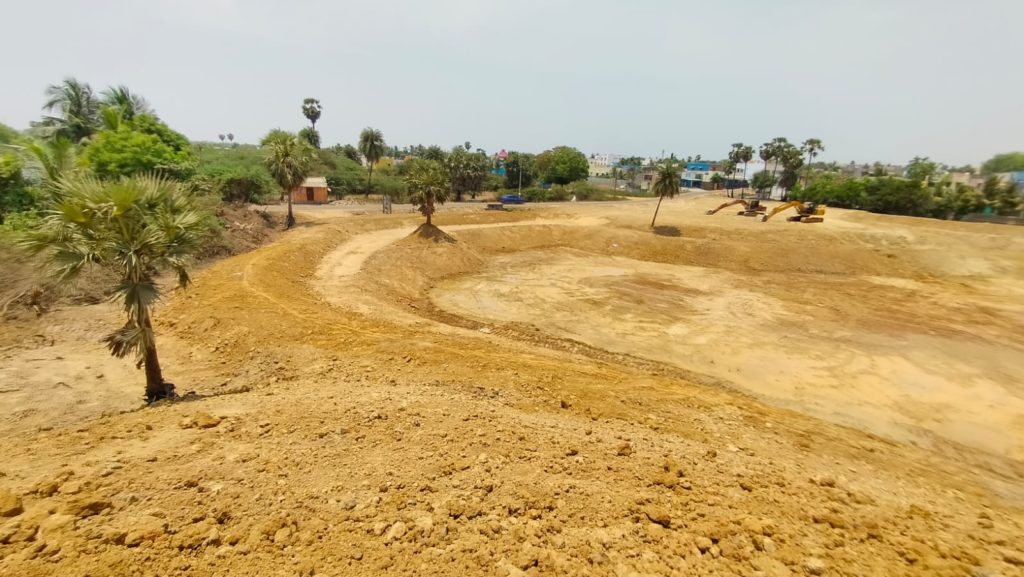
The land shaping phase involved careful excavation and desilting of the lake. The excavated silt and soil were then utilized to create hills, islands, and bunds, contributing to the revitalization of the lake’s ecosystem. Over five thousand plants of native species were thoughtfully planted on the bunds, platforms, island, and hills within the desilted lake area. An encouraging aspect was the involvement of TCL employees, who volunteered in the plantation work, this helped promoting awareness about water conservation and the significance of planting indigenous flora to IT urban people.
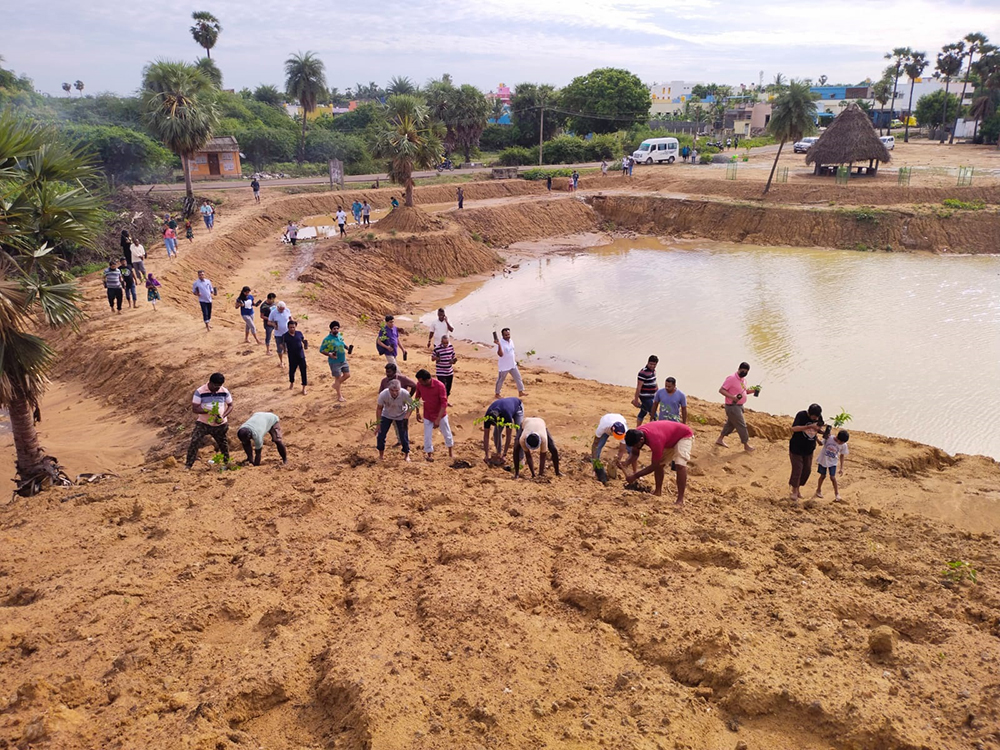
To ensure the protection of the newly planted vegetation from cattle and other threats, the site was securely fenced. Additionally, essential infrastructure, including water facilities, toilets, huts, and seating benches, were constructed to facilitate visitors’ access and comfort.
As part of the project’s broader vision, a dedicated “Blue Green Center” (BGC) was established at the site. The BGC serves as a hub for environmental education programs, catering to school students, local youth, and anyone interested in environmental conservation. Building upon TCL’s existing support for environmental education in Chennai schools through the “School in Action” initiative, where students learned about indigenous flora and fauna at Adyar Poonga (Tholkappiar Poonga) restored by Pitchandikulam Forest in 2007, this program extended to the Nanneer site. Local students in the vicinity are invited to the BGC for enlightening environmental education experiences.
The culmination of the project saw the inauguration of the BGC by the Tiruvallur collector, with the project officially handed over to the district government, as the lake fell under their jurisdiction. The
project’s success was acknowledged through a prestigious TCL award and favorable outcomes in the biodiversity survey and Environmental Impact Assessment, reaffirming the positive impact of the restoration efforts.
Aurovanam – Nature Lab Pondicherry
Aurovanam stands as a collaboration between the Sri Aurobindo Society and the PFC giving birth to a Nature Lab that spans 5.6 acres within the scenic expanse of the Matrikunj estate. Nestled on the fringes of the revered Ousteri Lake in Pondicherry, this venture holds national significance as an Important Bird Area (BNHS) and also wears the badge of a heritage site (IUCN). The unique ecological tapestry here owes its vibrancy to the yearly hydrological oscillations it experiences.
The foundational stride in this journey was the ecological revival of the Matrikunj estate, once a canvas for the Sri Aurobindo Society’s grassroots education on natural farming, herbal medicine, and seed preservation. Prioritizing the reclamation of an ecologically harmonious and biodiverse landscape was pivotal to bolster the Ousteri Lake’s delicate ecosystem. An exhaustive survey of the faunal and floral biodiversity paved the way to recognize native species and devise restoration strategies.
The prelude to planting involved meticulous landscaping for optimal water retention, The landscape welcomed the cautious integration of the Tropical Dry Evergreen Forest (TDEF), underscoring a connection to the indigenous environment. In homage to the traditional eris of South India, water bodies were sculpted to emulate the reservoirs, ponds, and aqueducts that usher water to grander bodies. Today, Aurovanam stands as a tenacious, self-sustaining microcosm featuring diverse ecosystems – from wetlands to TDEF sacred groves, harmoniously interwoven with water bodies.
With the ecological revival complete, the focus shifted to nurturing connections between visitors and the burgeoning ecosystem, giving birth to the Nature Lab. A pivotal facet of this endeavor is the Nature Trail, an immersive educational pathway tailored to enrich the understanding of children through direct engagement with nature. This initiative aspires to foster profound bonds between the young and their environment. The expanse boasts themed gardens, celebrating elements like mythology and herbal medicine, alongside attractions such as nesting sites, children’s activity zones, and the innovative blue green center.
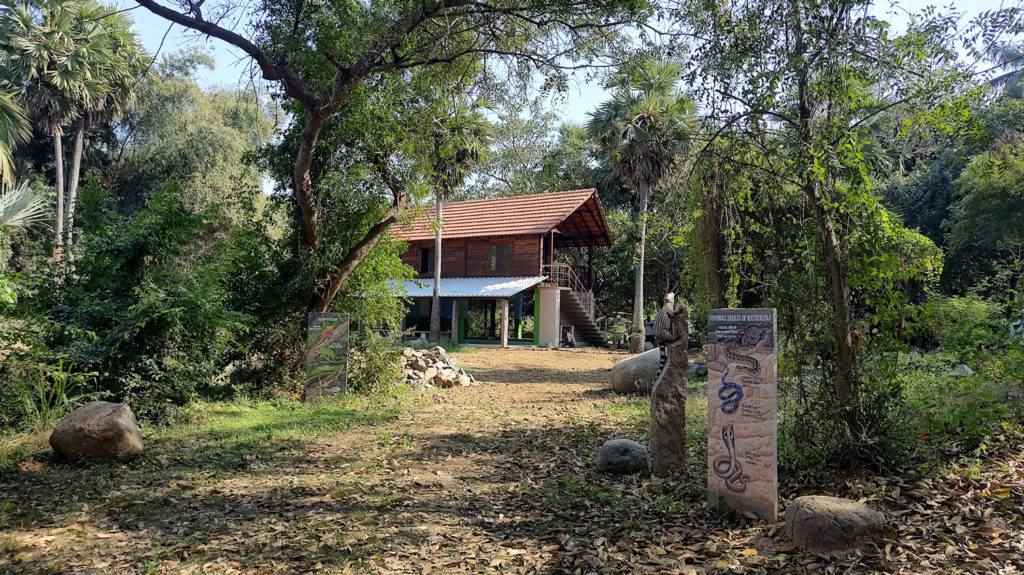
The blue green center, doubling as an interpretation hub, serves as an avenue for teaching and demonstrating the ethos of the project. Aurovanam sets its sights on becoming a beacon of sustainability, scalability, and replication. The project’s nursery, an integral component, provides a repository of rare and exotic plant species, nourishing the aspirations of those eager to cultivate similar Nature Trails.
The blue green center, doubling as an interpretation hub, serves as an avenue for teaching and demonstrating the ethos of the project. Aurovanam sets its sights on becoming a beacon of sustainability, scalability, and replication. The project’s nursery, an integral component, provides a repository of rare and exotic plant species, nourishing the aspirations of those eager to cultivate similar Nature Trails.
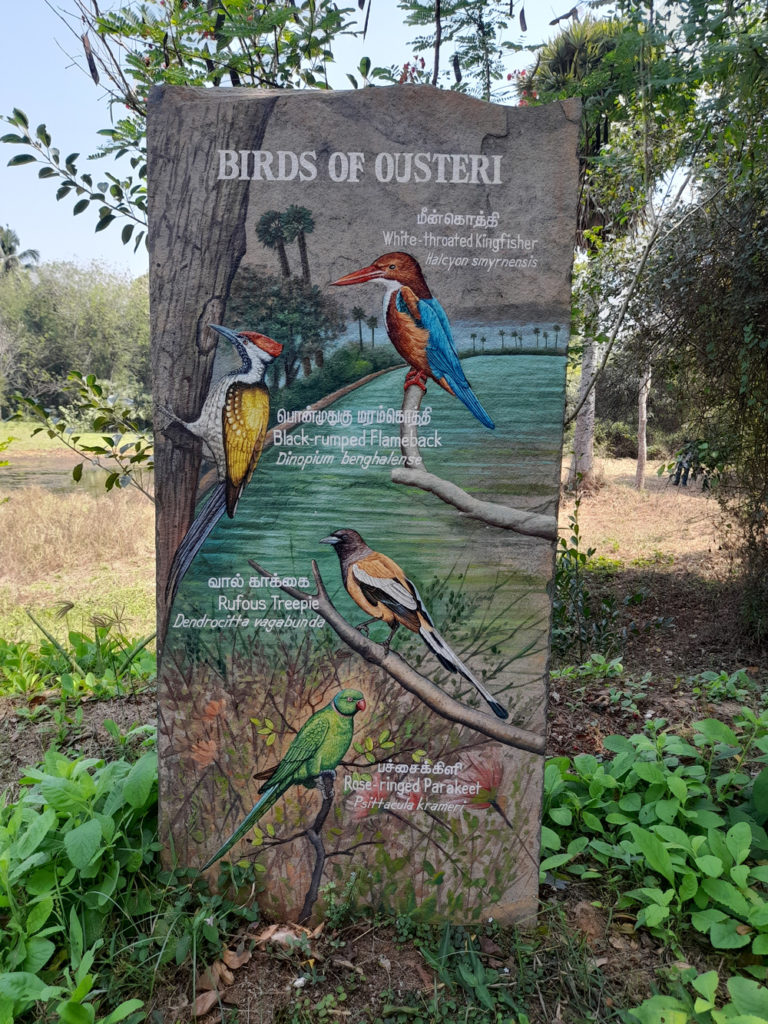

In essence, Aurovanam isn’t just a Nature Lab; it’s an embodiment of harmonious coexistence, ecological reverence, and experiential learning. Its presence radiates the potential to spark similar green initiatives across India, rekindling the relationship between humanity and nature for generations to come.
Nadukuppam water retention landscape

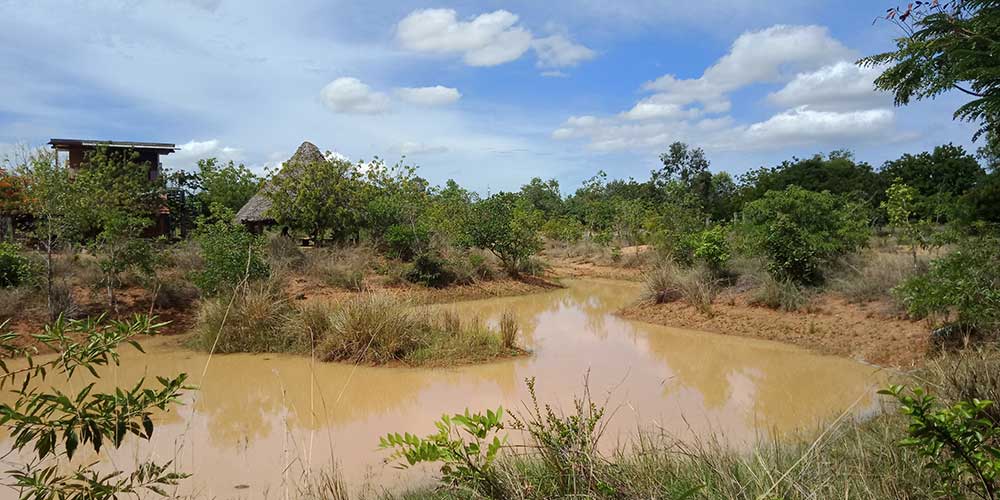
The Kaluveli watershed area is 750 sq. kms which has 200 inter-connected eris (man-made water catchments) that drain into the Kaluveli flood plain. The area also has five sacred groves and two reserve forests. Pitchandikulam established the Kaluveli Environment Education Trust (KEET) in 2005 based at Nadukuppam (45 km north of Pondicherry, Tamil Nadu) on a 35-acre site which was an environmental disaster. The land has been restored due to the plantation of the indigenous forest type. The Nadukuppam Forest is home to some 35,000 plants (trees, shrubs, ground covers) which have been planted over 17 years and include 300 species of coastal flora. It is a model surface rainwater retention landscape where 23 ponds have been created to harvest and store the rain for irrigation and water table replenishment. An extensive nursery raises and sells indigenous coastal forest plants. Nadukuppam also has an environment center which reaches out to surrounding schools. Women’s empowerment is taken care of through women’s self-help groups who are trained in making herbal products.
Payanur [P72]
In 2010 a comprehensive eco restoration plan was executed on 72 acres of land for the Chettinad company. Thirty acres of water bodies were created, and several hills formed to the height of 28 meters. The entire site was planted with predominantly indigenous species and extensive landscaping, walkways, bridges were created.
Restoration of twin lake, Siruseri
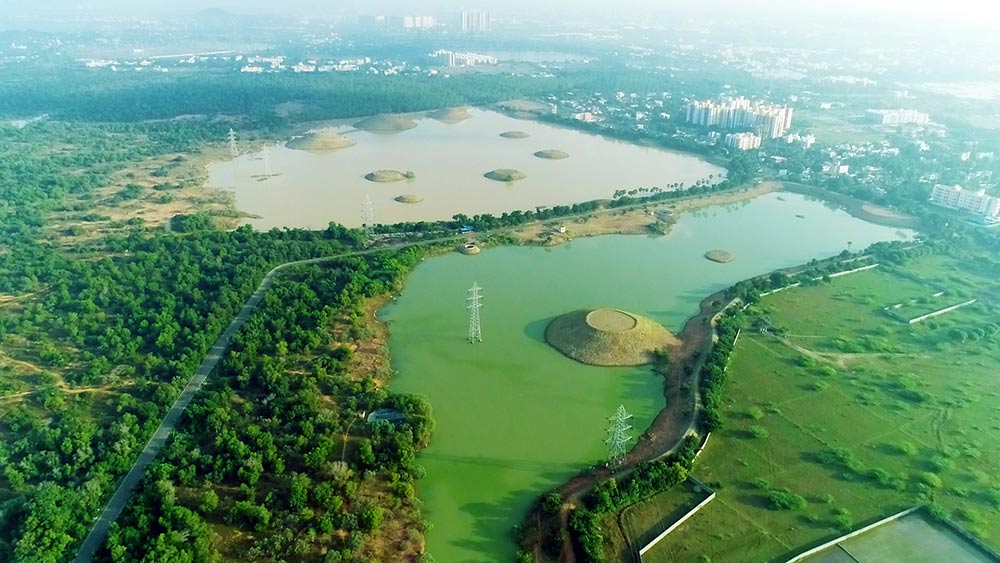
The year 2015 was a time of reckoning for the coastal region of Tamil Nadu. On December 1st the region experienced the highest amount of rainfall in 100 years where over 400 people died, nearly 2 million people were displaced and losses amounting to 300 crores were incurred. There was serious need to take stock of situation and carry out immediate measures. TCS, Indian Institute technology of Madras and Pitchandikulam forest consultant got together to do the needful towards the positive rejuvenation of the environment.
The Siruseri water catchment area of which SIPCOT campus is located was identified as critical to the flooding of southern Chennai. A detailed hydrogeology survey of this area was carried out by IIT Madras. It came up with valuable recommendations to be implemented in the Siruseri water catchment to prevent future floods and to improve water management in the region.
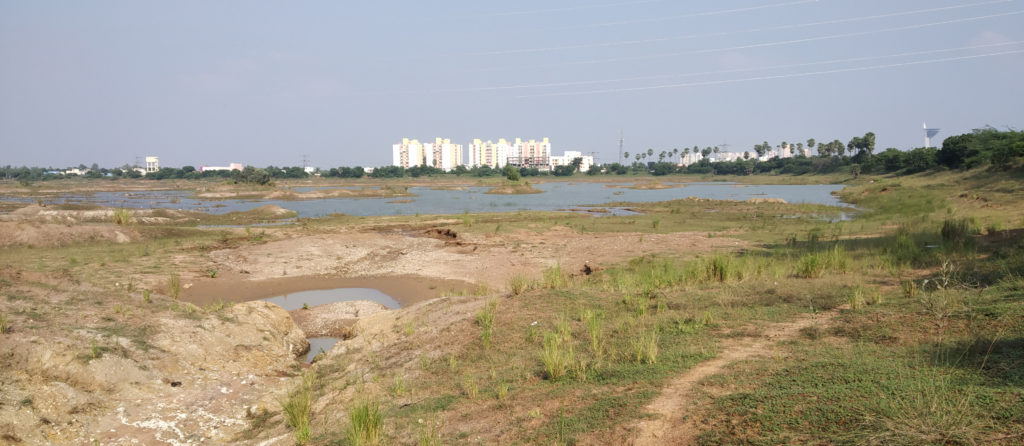
This was to be executed in 2 phases; first the encroachment would be removed, and drainage channels cleared, secondly the storage capacity of the Siruseri twin lakes would be improved. IIT also recommended an eco-park and knowledge center in the area. This would help in sharing the experiences and lessons learned from the desilting and restoring the lake and channel systems. Such a center also enables demonstration of sustainable practices and would encourage an environmental planning conversation to happen between all the local stake holders.
PFC’s holistic vision included ecological and social factors. It puts together a replicable model of eco restoration that included in the age old system of 100’s of cascading lakes to west of Chennai. This would reduce the impact of flooding and also recharge the aquifers so that Chennai could have sufficient water in the summer months.
The plan included the transformation into a vibrant eco system of the degraded reserve forests above the Periya eri and Sitheri, which are infested with invasive exotic tree species. The forest area which is heavily eroded needs to be restored by the creation of water retention landscapes.
Awareness programs were conducted among the locals to gather their visions for Siruseri.
The conceptual plan of PFC also included provision for bunds, hills, platforms, islands and a site for the eco knowledge center.
The land development work of the Periya eri began on 17 December of 2018. In Sitheri the land formation work reached completion before the rains of 2019. More than 6,000 trees and shrubs of 60 indigenous species were planted during the last months of 2019. After over 35,000 machinery hours over 12,500 man hours and countless hours of design and creativity the twin lakes began to breathe again.
It feels positive that green blue energy is returning to an area that some 17 years ago was rural farm land but which was then transformed into an urban and industrial landscape. Hopefully with enlightened direction, SIPCOT and its surrounds can be a green model of how technological parks can be created.
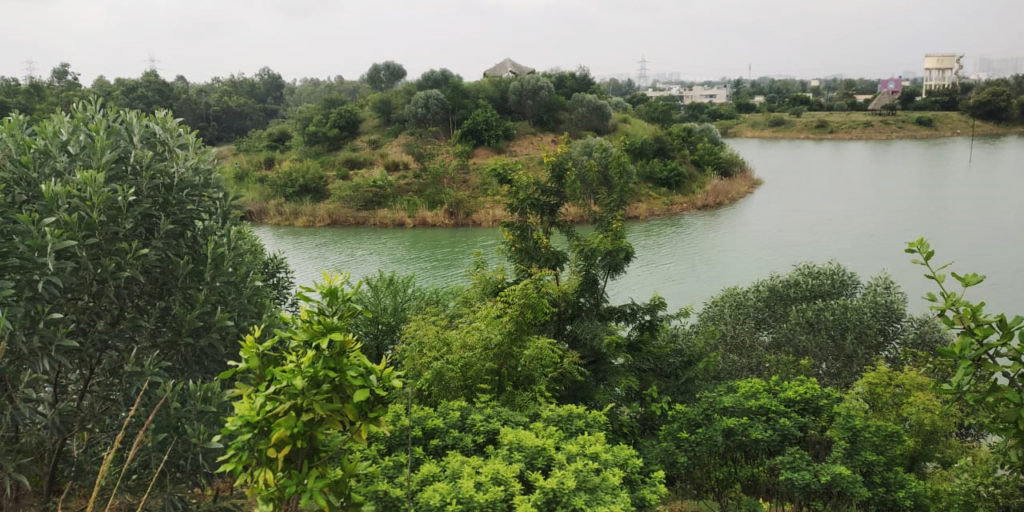
Since the completion of the project in December 2019 Pitchandikulam has continued to maintain and develop the 100acre lake site. We now have a formal contract with SIPCOT to execute the maintenance and further plantations.


TOYOTA KIRLOSKAR MOTORS (TKM)
TKM has a very impressive factory laid out over 500 acres at Bidadi industrial area along the Bangalore – Mysore Highway. Here 25 acres have been set aside as an ECOZONE principally to sensitise employees of TKM and other corporates in Bidadi, their families and children from surrounding schools about environmental and conservation issues. PFC was contracted to execute the Artwork for the site which involved interpretation signage, carving and painting gigantic pillars for a timeline walk, 3D carvings of keystone animal species, 2D carving on boulders depicting endangered plant species and artistically designed mosaic seating. This venture has been very rewarding and it was a pleasure to be appreciated by the top executives and CEOs of Toyota, many of whom had flown down from Japan to attend the opening ceremony of the park.
Learn to spin cotton yarn with a Peti Charkha
Dates 10 – 12 September 2018
Course Facilitator
Madhav Sahasrabudhe is a mechanical engineer based in Pune. He was introduced to spinning by Dadasaheb Bhosale nearly a decade ago and has been spinning ever since and also teaching people how to use a charkha. Madhavji has been associated with Nai Talim for the last 5 years, where he teaches physics and maths to 9th and 10th std students, and also helps them refine their spinning skills. (Nai Talim is a Gandhian system of activity-based learning with a premise that work and knowledge are not separate.) He has authored a book called “Art of Spinning”, which can be downloaded here: http://www.mkgandhi.org/swadeshi_khadi/Charkha_Manual.pdf
Cost Course Fee
We are offering this course on a ‘gift-economy’ model for Aurovilians. For non-Aurovilians, the suggested contribution is Rs 1500. Charkha would cost an additional Rs 2,000 for all.
A total of 15 registrations will be accepted for this workshop.
Simple vegetarian lunch and snacks will be provided on all three days.
Accommodation
Accommodation should be arranged by the participants. We can assist in finding accommodation in Auroville or Pondicherry. Smoking, drinking, narcotic substances and disposable plastic are strictly prohibited.
Registration
If you would like to buy a charkha before the workshop, please register before 31 August.
If you have any queries, please write to pitchandikulam.outreach@auroville.org.in or call +91 94491 91233.

Alambara Resorts
Alambara Resorts, the property of TT Groups, on the Yedayanthittu estuary near Kadapakkam
combined landscaping and planting an area of 40 acres.
D.J. Academy, Coimbatore
D.J. Academy in Coimbatore was a barren land. The main focus of the work here was shaping and planting an area of 25 acres and particularly creating water retention landscapes.
Marine Turtle Centre

The Turtle Interpretation Centre at Marakkanam is a project undertaken at the behest of the Department of Forest and Wildlife, Tamil Nadu. The centre has interpretation signage on plywood that combines both text and imagery concerning sea turtles found in India, especially the Olive Ridley Turtle which inhabits coastal waters of the East Coast of India.
